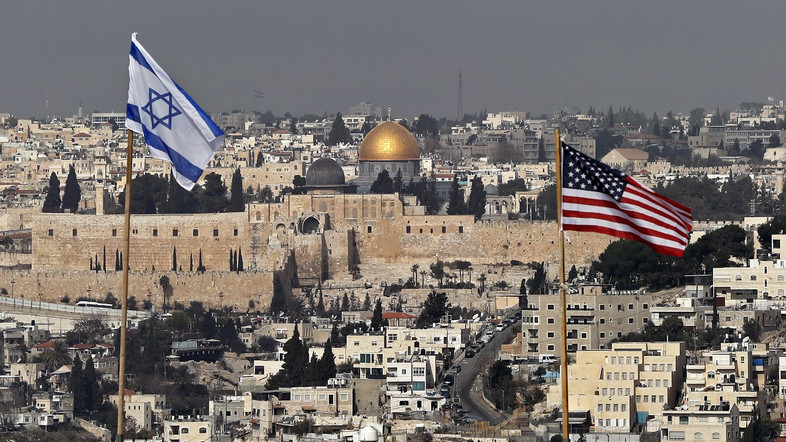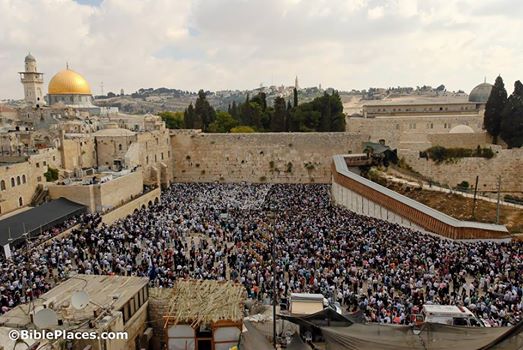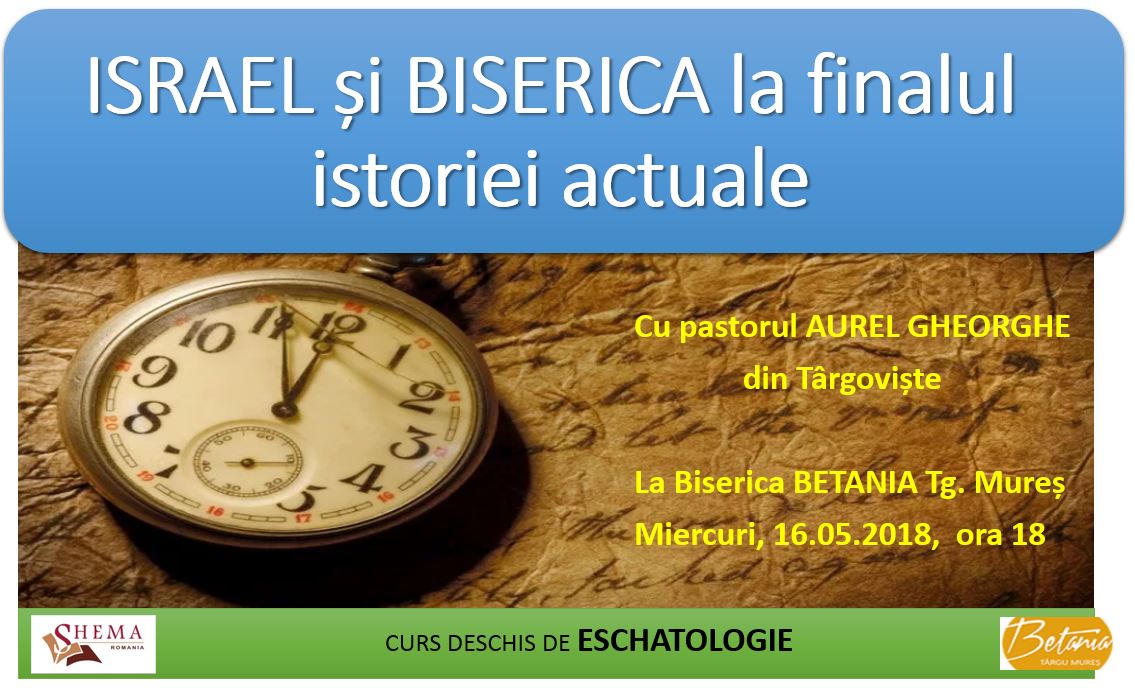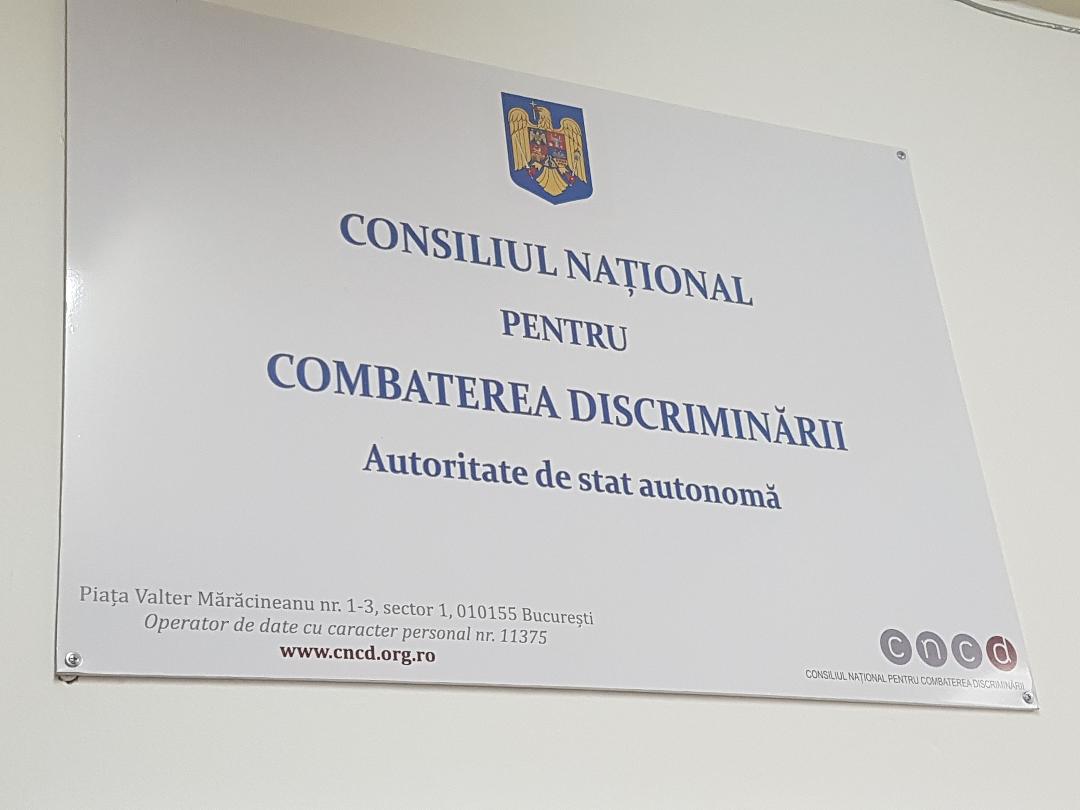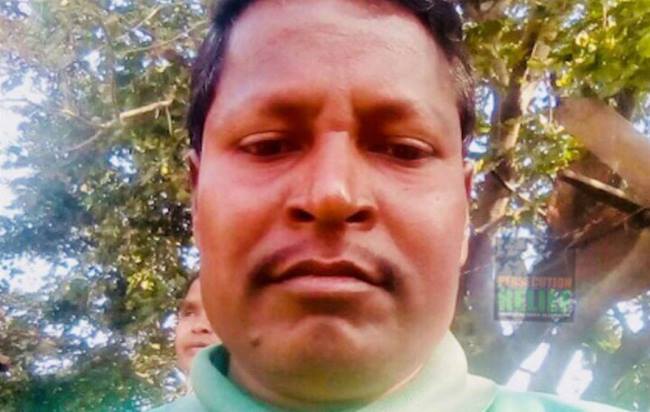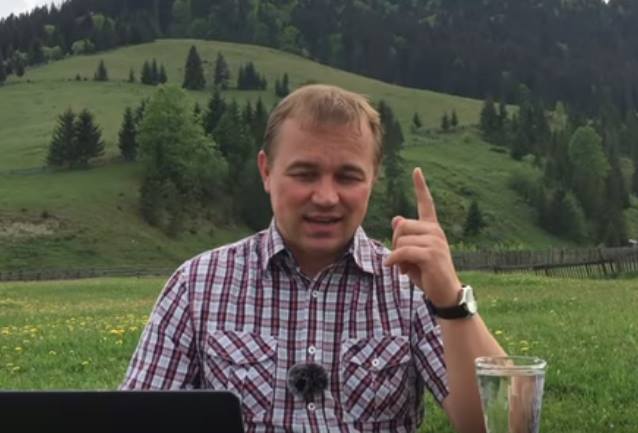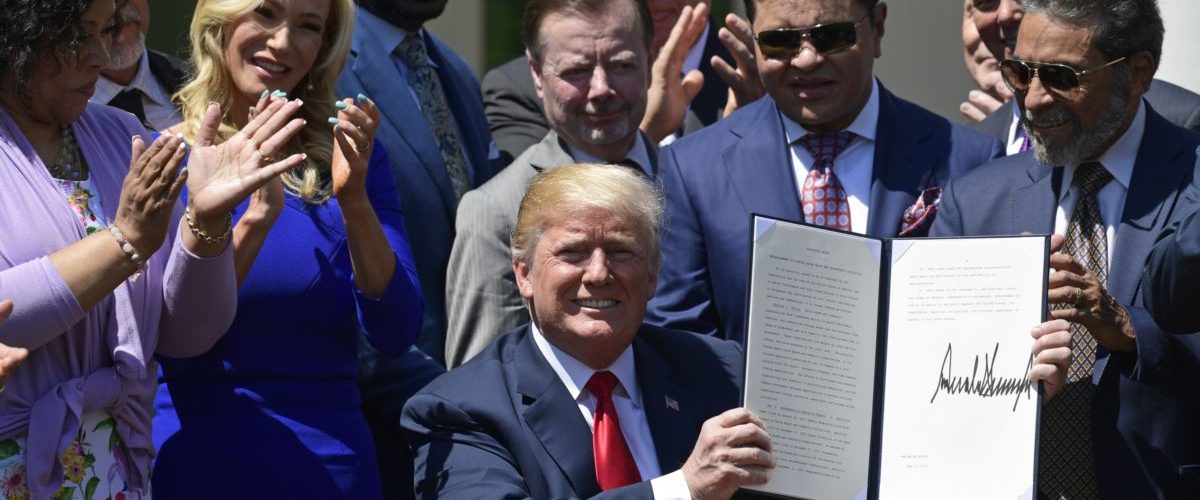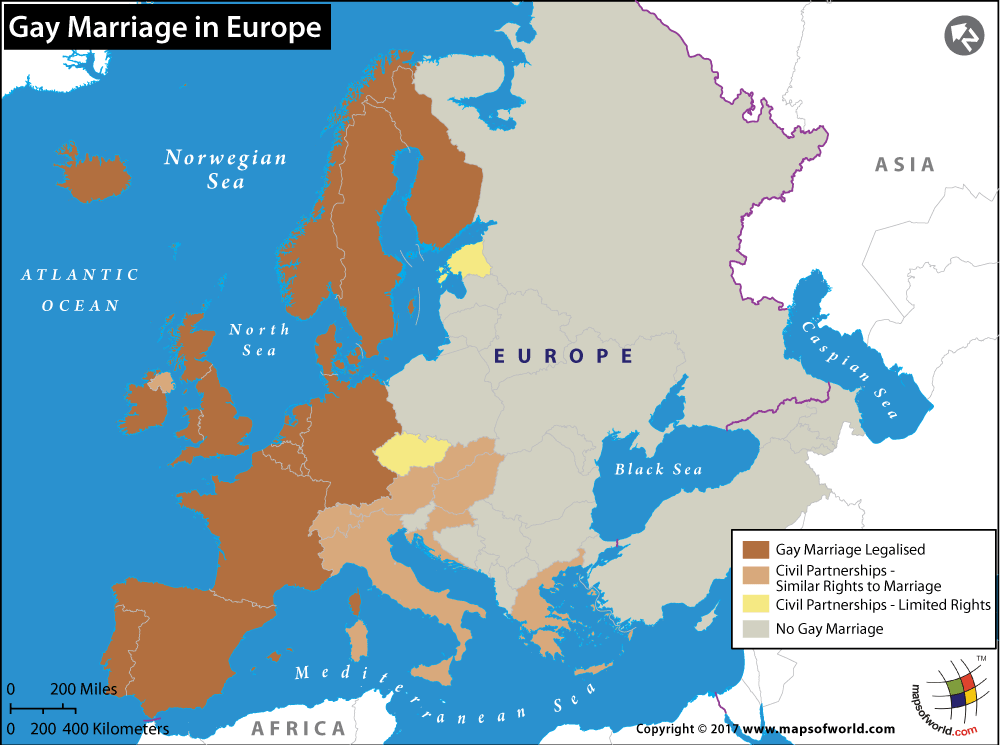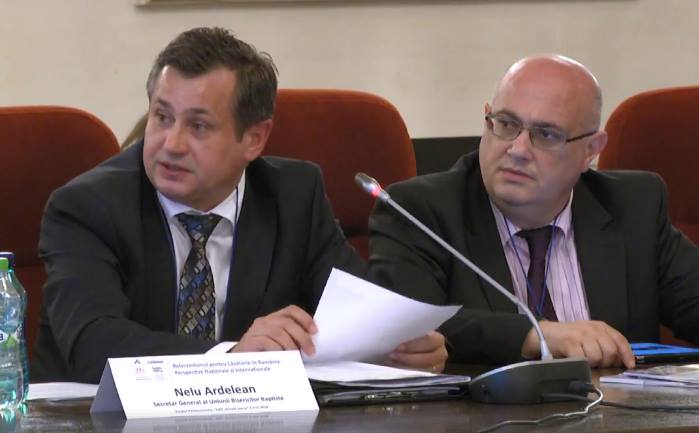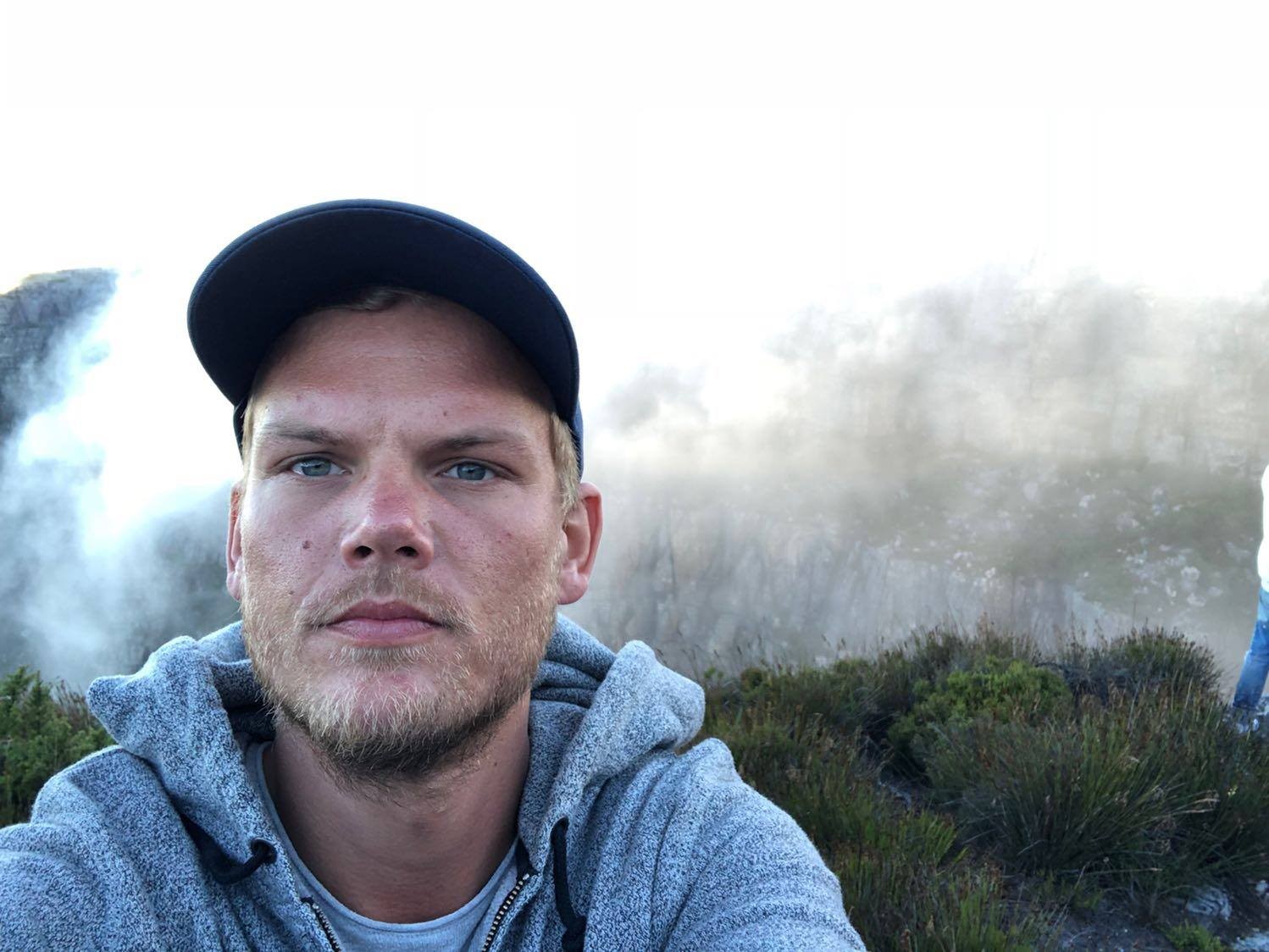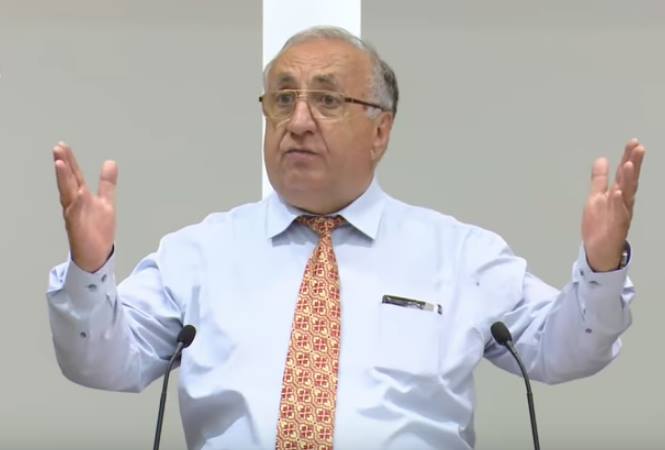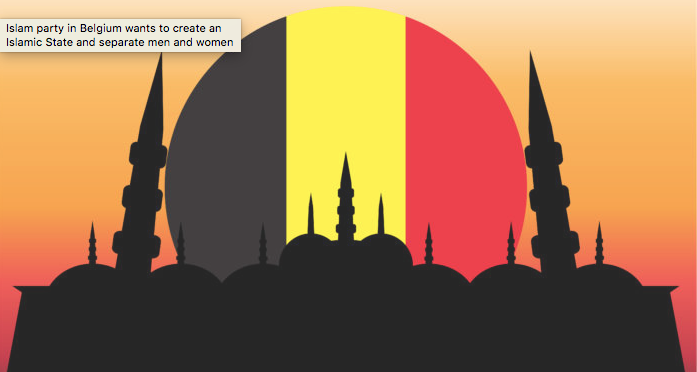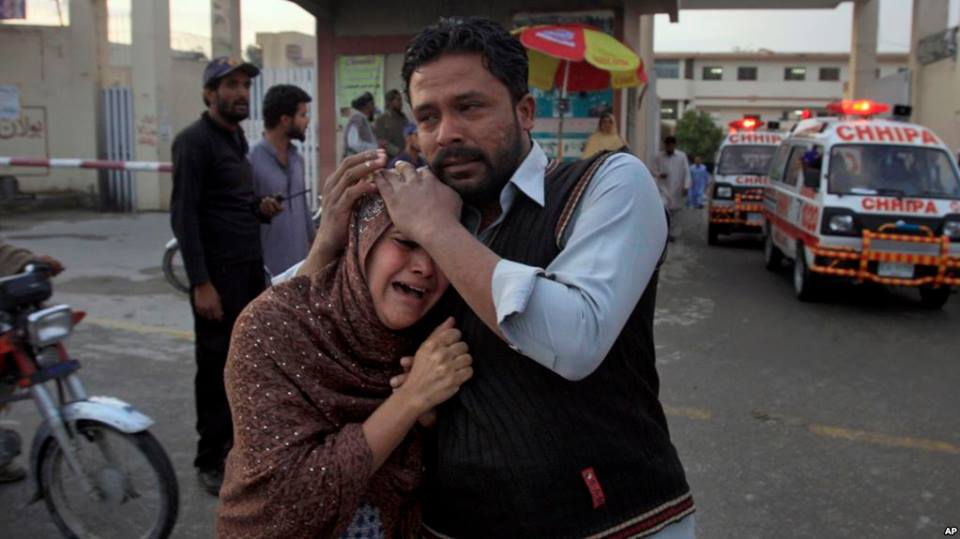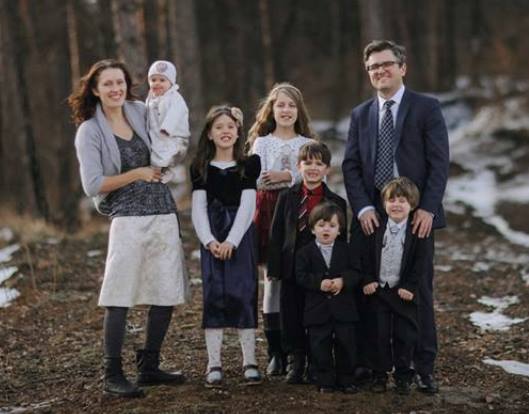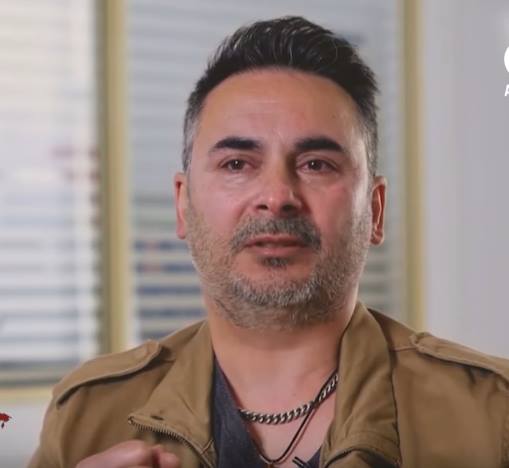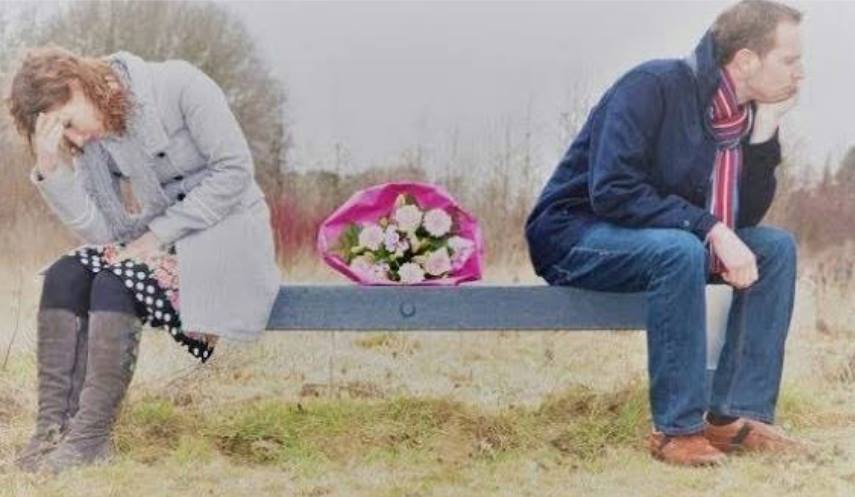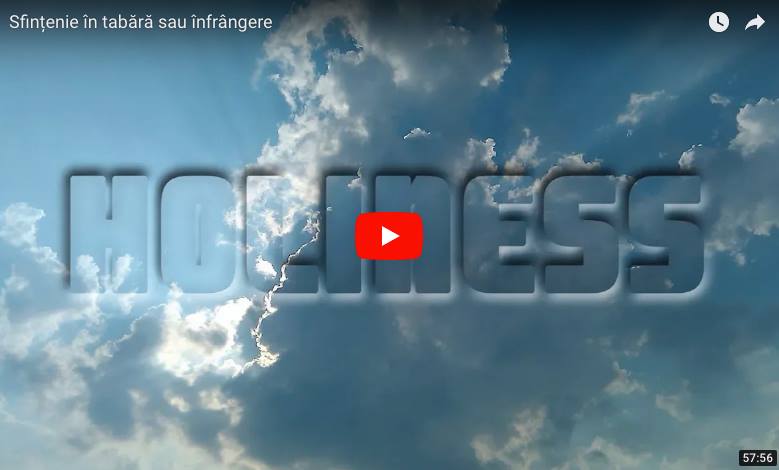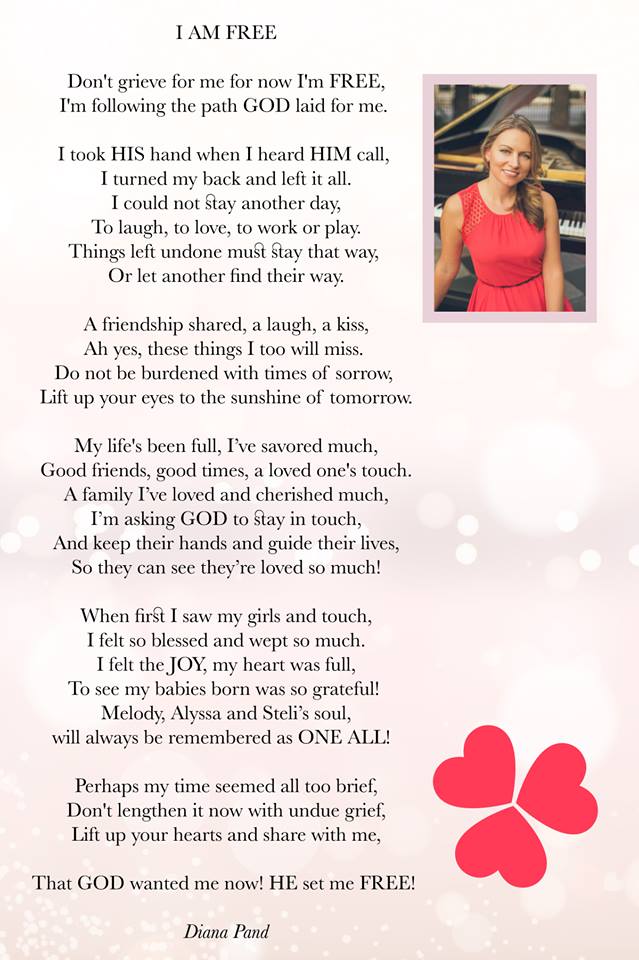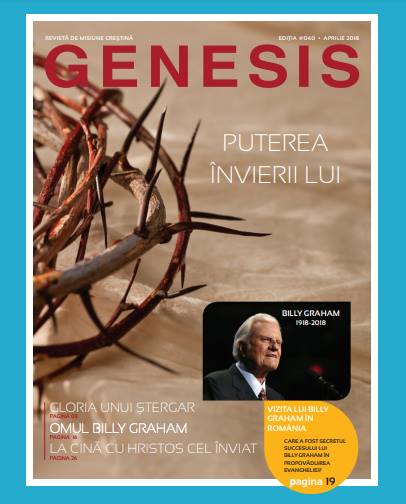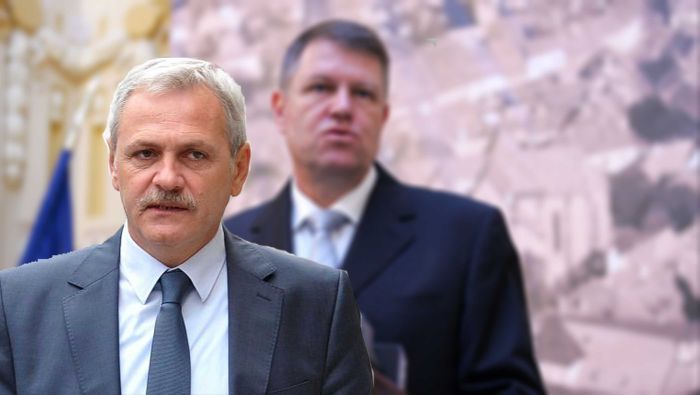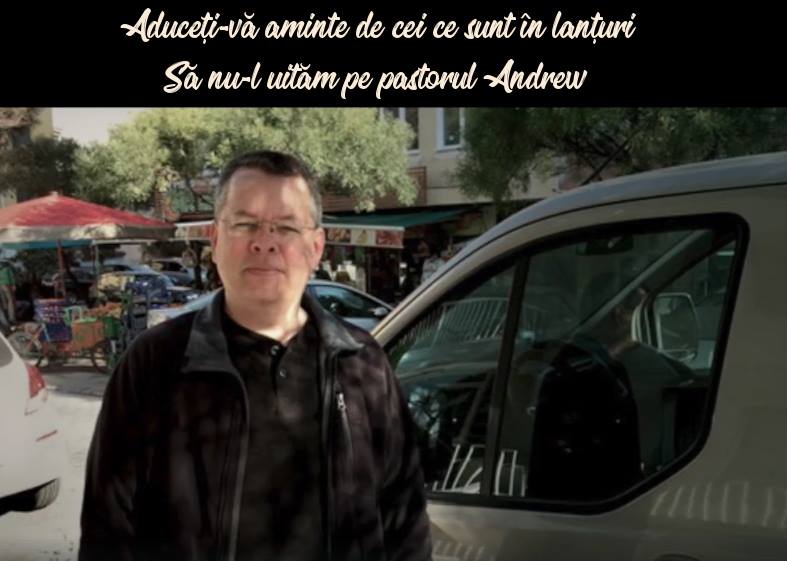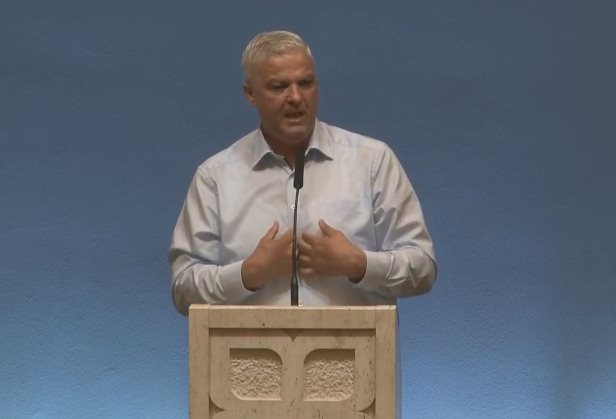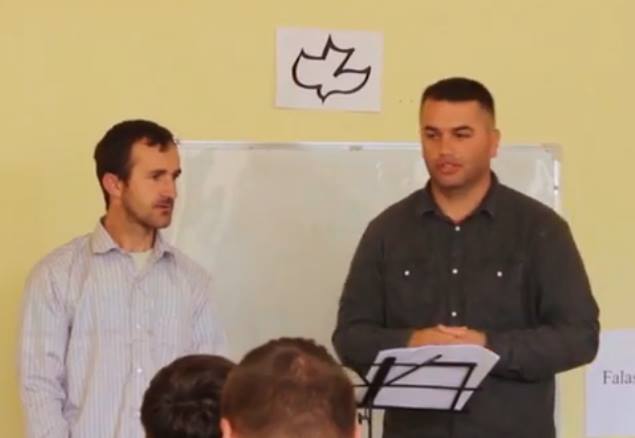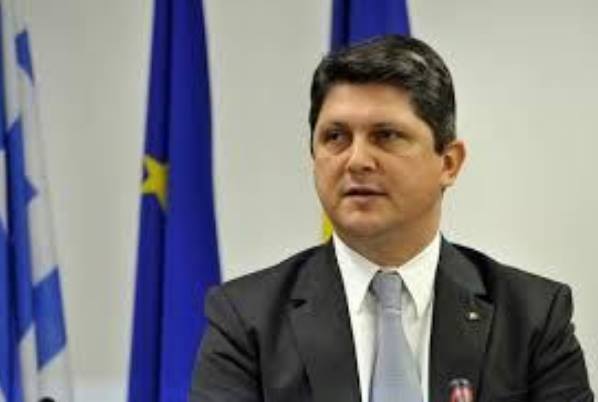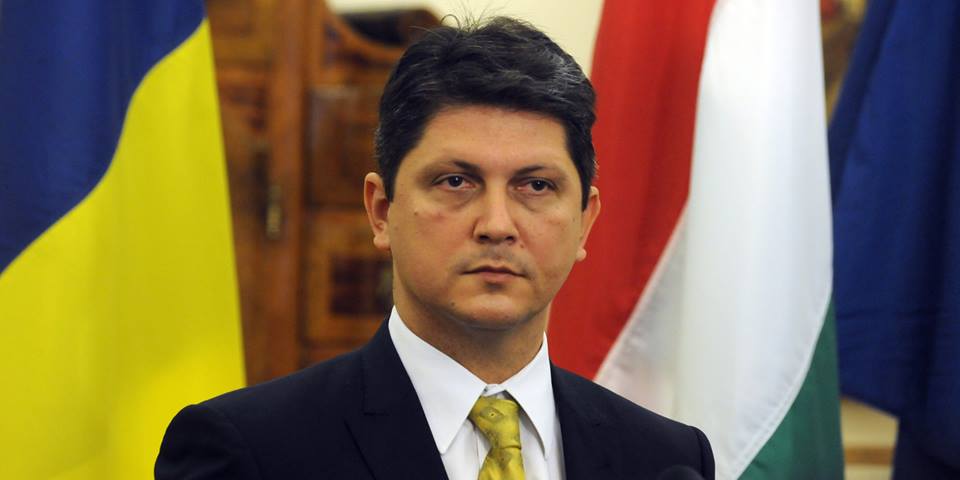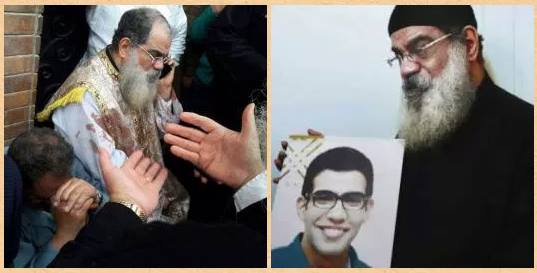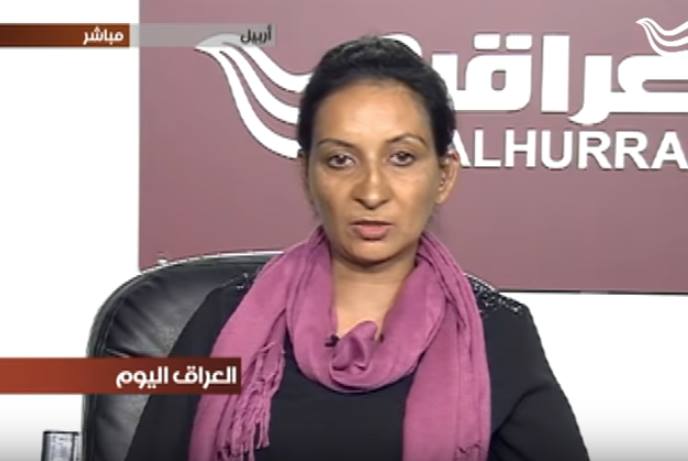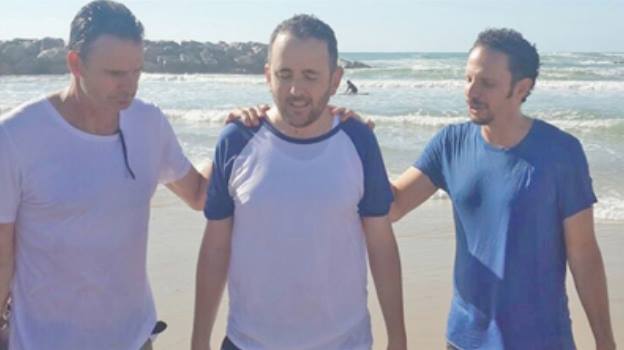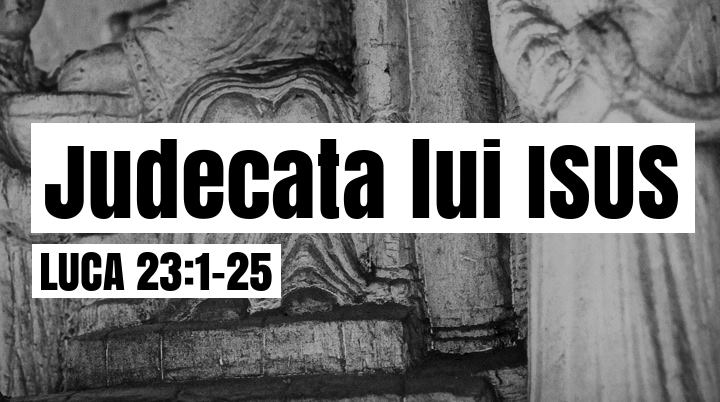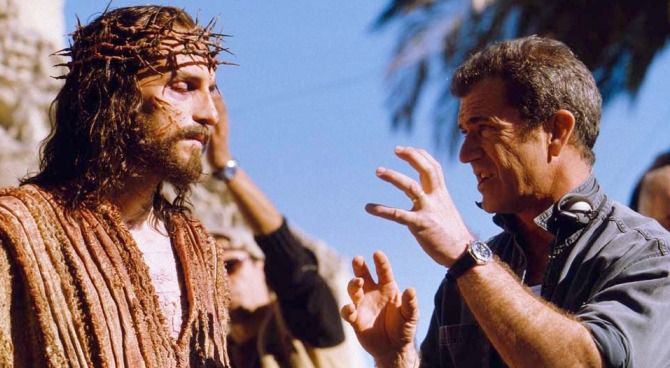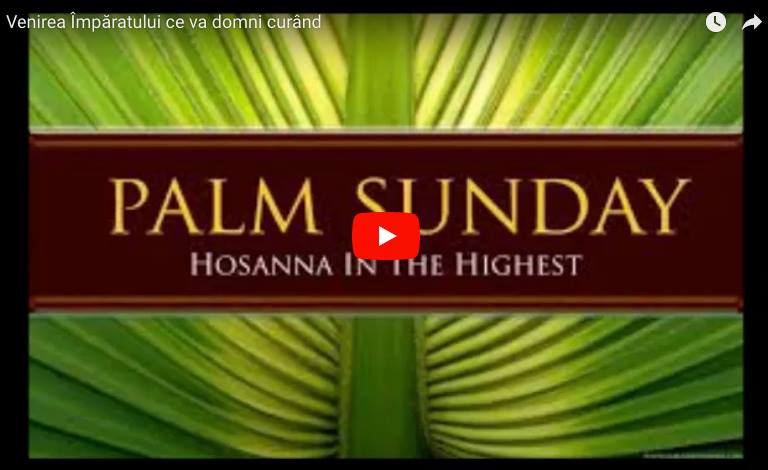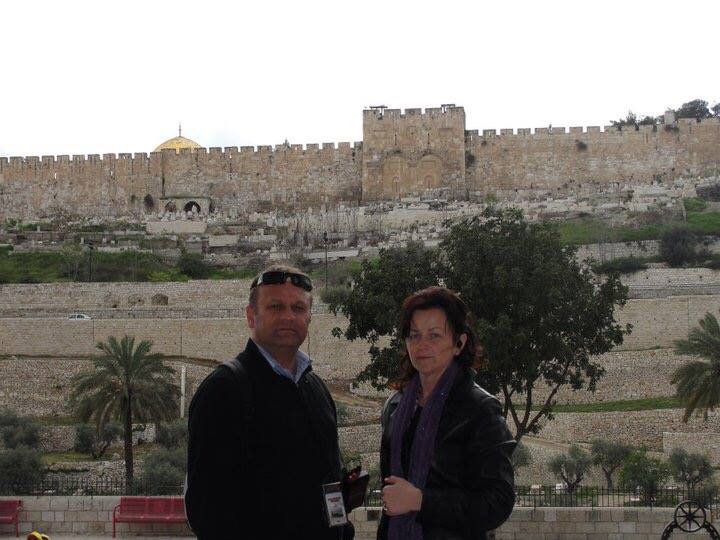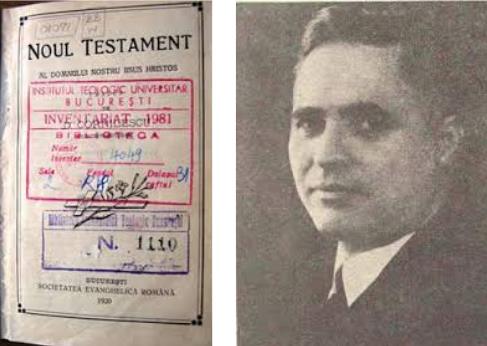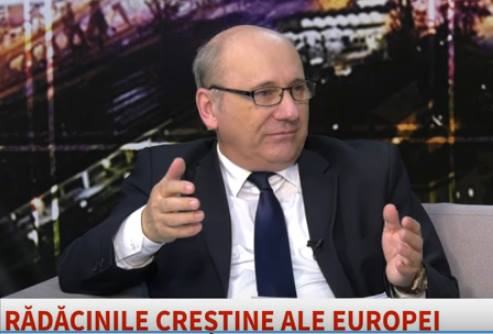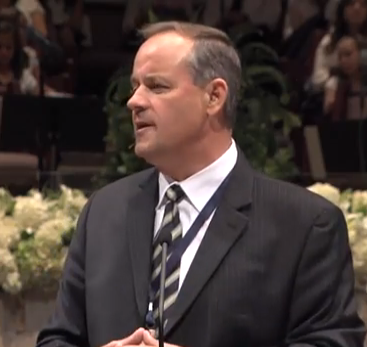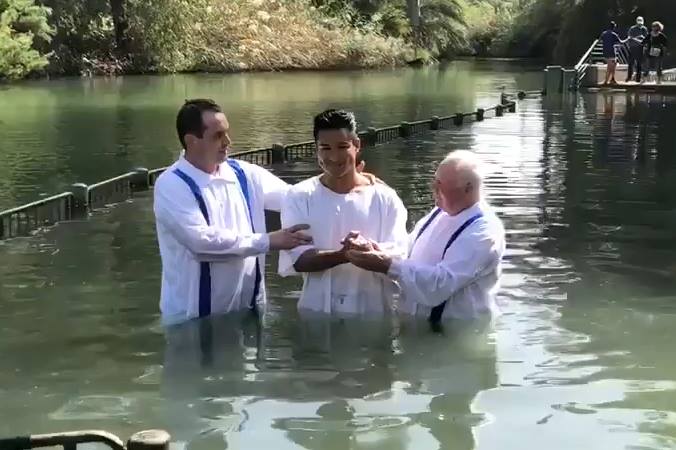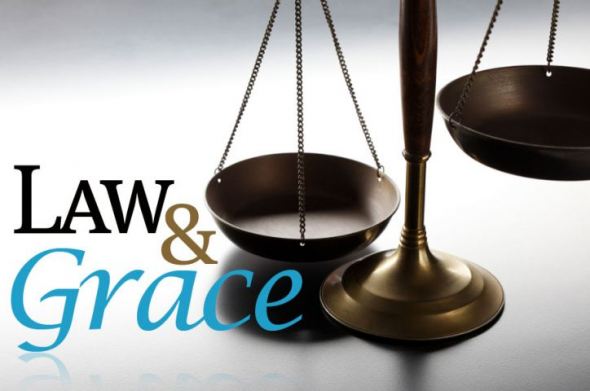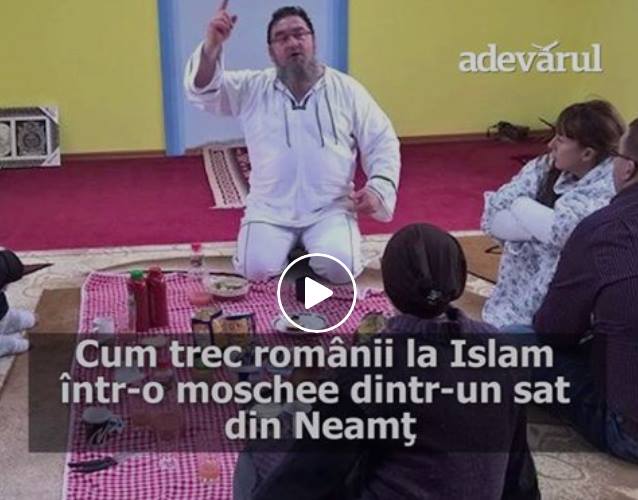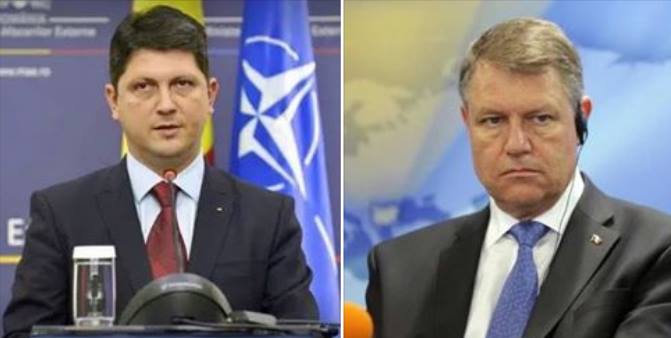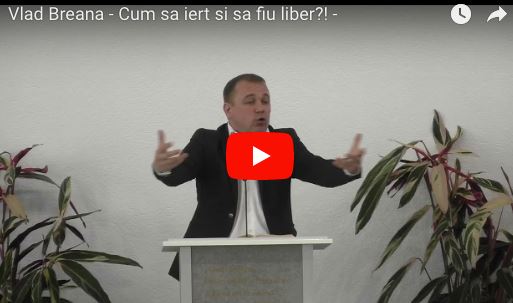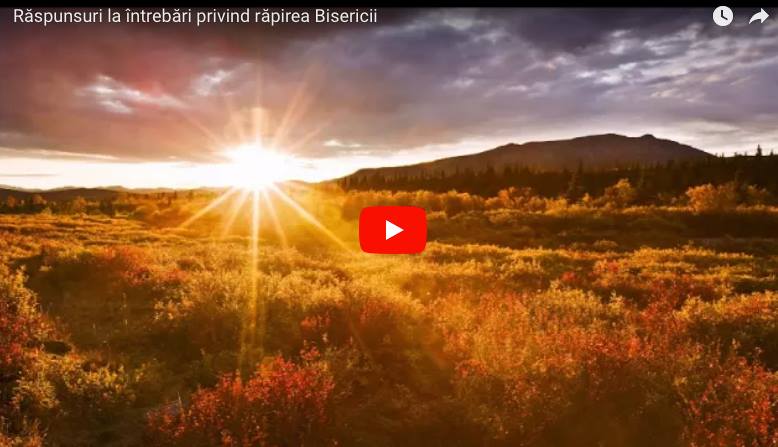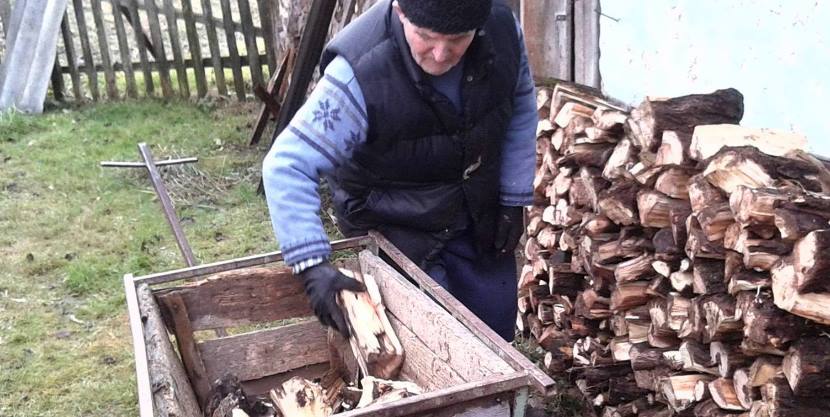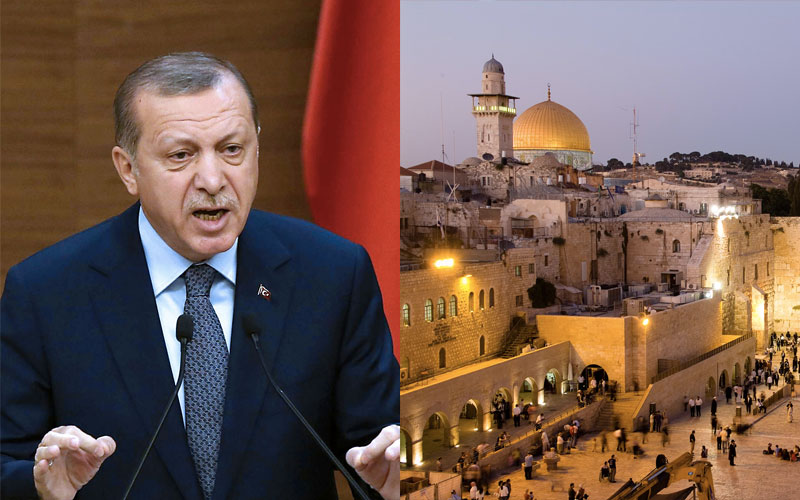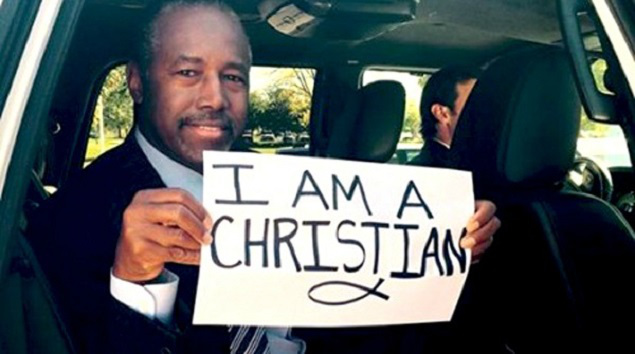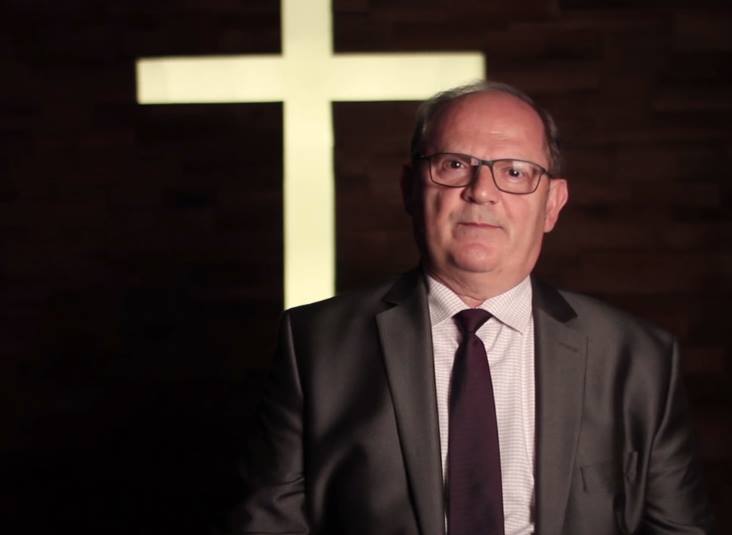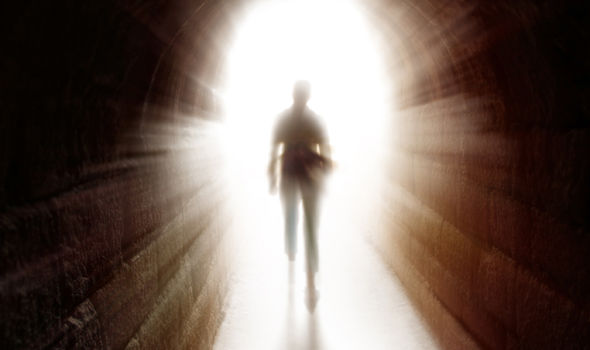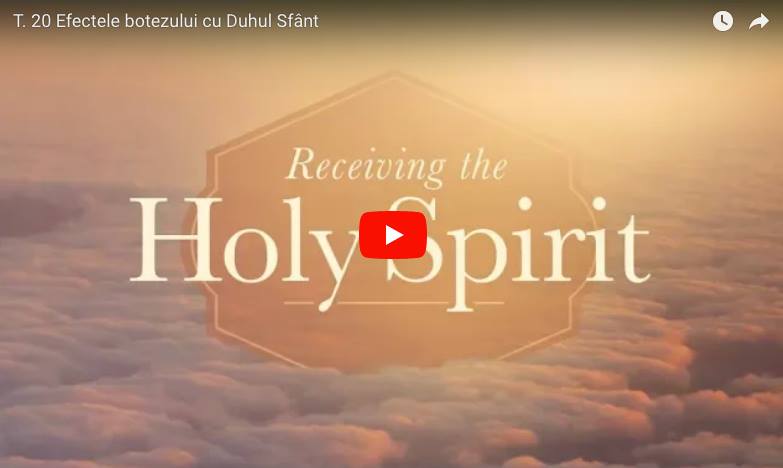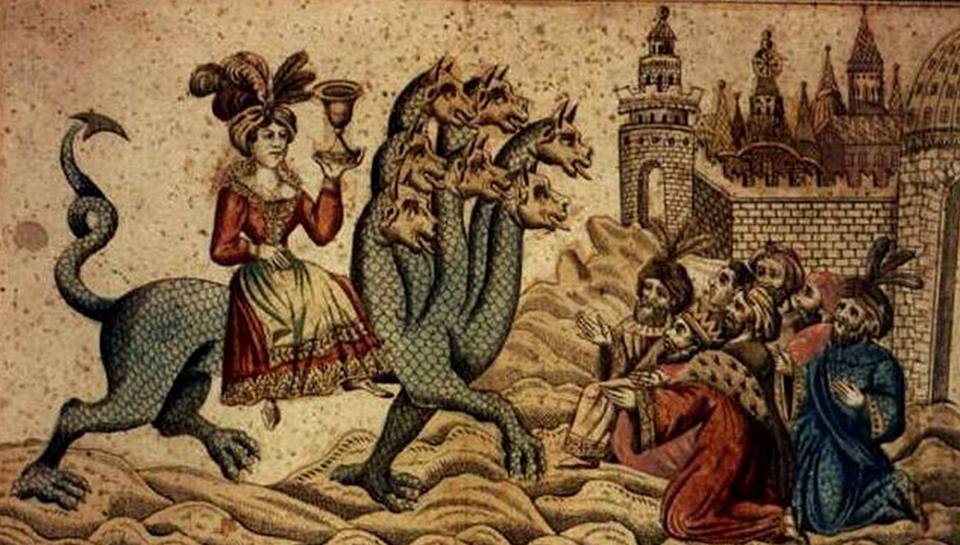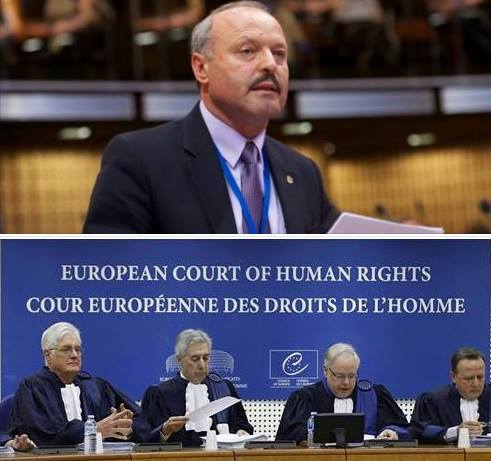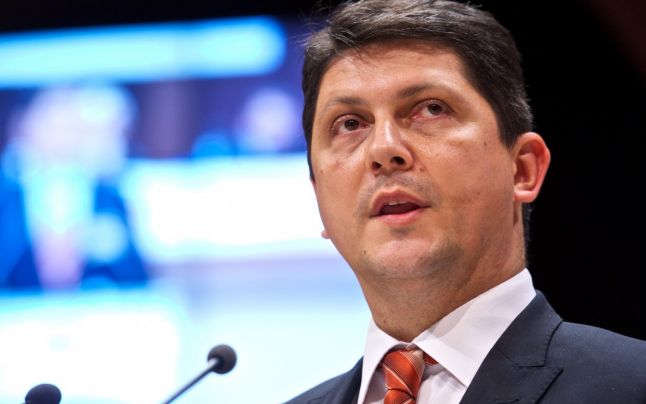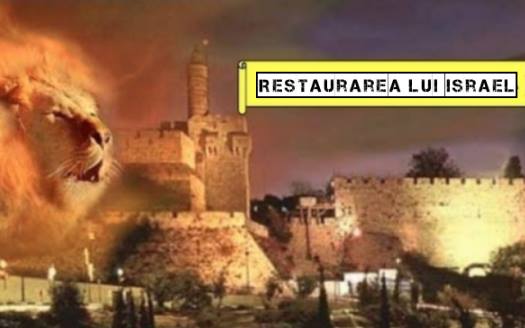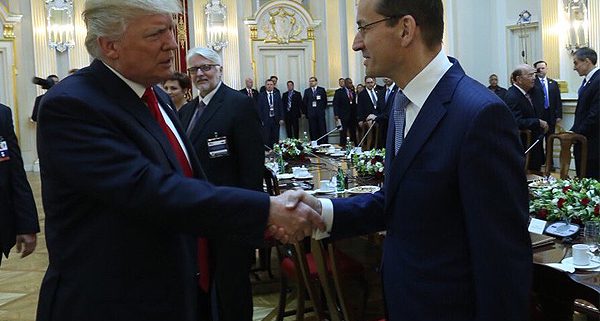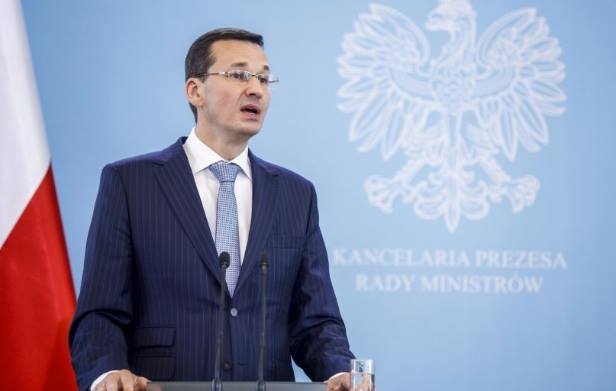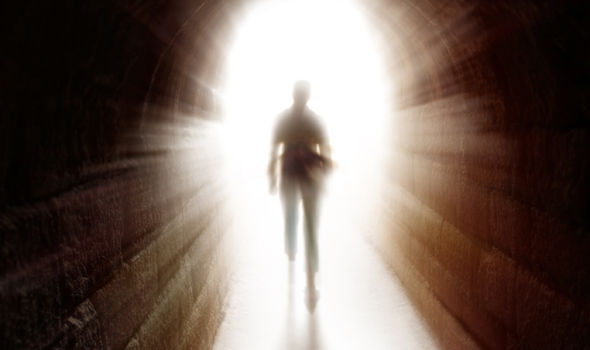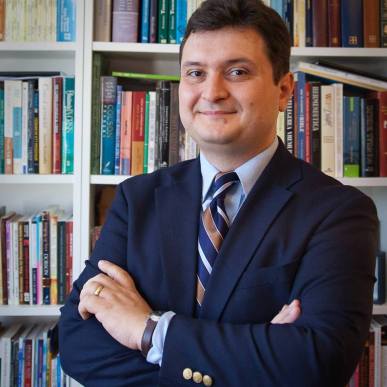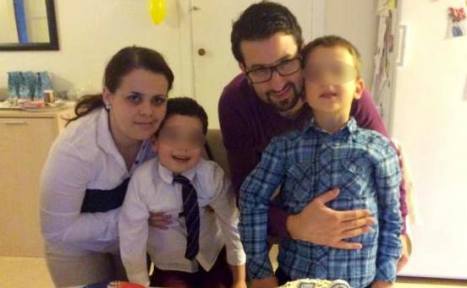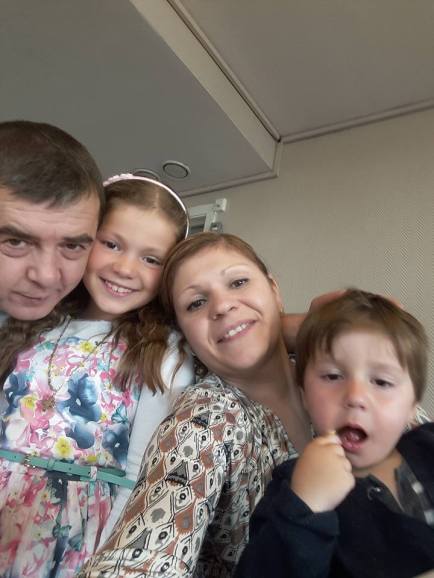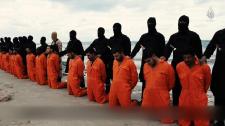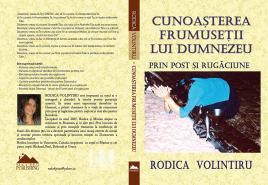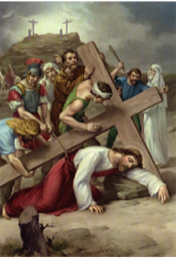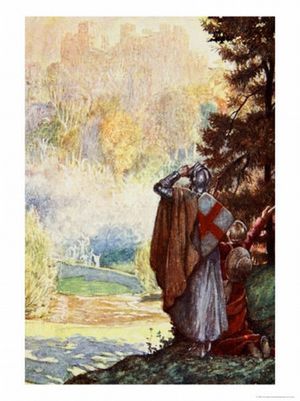Implicarea Misiunii Genesis in Biserica fratilor leprosi din India
24 sept. 2012 Comentarii închise la Implicarea Misiunii Genesis in Biserica fratilor leprosi din India
in Uncategorized Etichete:Frati leprosi din India, Genesis Mission, Genesis Romanian Mission, India, Misiune in India, misiune la leprosi, Misiunea Genesis, Rev. Ilie Tomuta
An estimated 40,000 to 70,000 Christians housed in internment camps in North Korea
24 sept. 2012 2 comentarii
in Persecution Etichete:Christianity, Human rights in North Korea, internment camps, North Korea, persecution, Political prisoner
See accompanying post – North Korea’s Hidden Gulag – Google earth satellite imagery proves the internment camps exist and imprison tens of thousands of Christians
NORTH KOREA Government: Communist dictatorship Main Religion: Atheism/traditional beliefs Population: 20 Million (400,000 Christians)- According to Open Doors International:
Still the most hostile country in which to live and practice the Christian faith, there are reports of many Christians arrested, with at least 25 percent of Christians believed to be languishing in labor camps for their refusal to worship founder Kim Il-Sung’s cult. Half the population lives in the north, close to China, where family-based networks of house churches exist in significant numbers. Roughly ten million inhabitants are malnourished, with thousands eating only grass and bark.
According to Mission News Network:
North Korea ranks #1 on the Open Doors 2012 World Watch List: a compilation of 50 countries where believers face the most religious persecution. An estimated 40,000 to 70,000 Christians suffer in total control zone internment camps, where people labeled as „wrong thinkers” are sent to die.
A new book has just been published by an American journalist who details life from some of the insiders of these torture camps:
Shin Dong-hyuk was born in this same type of camp in 1982. In his book, Shin admits reporting his mother and brother to prison guards because they were going to escape without him. As a result, they were hung in front of Shin and other prisoners, and he was also tortured as punishment for their „crime.”
Shin told American journalist Blaine Harden, author of Escape from Camp 14, „I wanted people to know this is the kind of children they are raising right now in these camps: people whose loyalty is to the guards and who will do anything to get more food.”
Conditions in North Korean prison camps are similar to camps under the unforgettable regime of Hitler, Stalin and Mao. „Political prisoners” essentially work themselves to death while being subjected to severe physical and psychological torture. Open Doors reported they work 18-20 hours each day, with little to no food. To supplement their rations, prisoners consume anything edible, including snakes, rats, insects, roots, and grass.
In April, the U.S.-based Committee for Human Rights in North Korea released a report based on interviews with 60 former prisoners and guards. The 200-page report describes prison camps located mainly in northern mountainous regions behind barbed wire and electric fences – fences Shin climbed through to escape, using his best friend’s body as insulation against the deadly current.
In 2009, North Korea told the UN Human Rights Council, „The term ‘political prisoner’ does not exist in the [Democratic People’s Republic of Korea] DPRK’s vocabulary…the so-called political prisoners’ camps do not exist.” According to the April report, former prisoners were able to identify their work sites, execution grounds, and other landmarks using satellite imagery available through Google Earth.
Pray for imprisoned believers in North Korea. Ask God to sustain them, and pray that they might be released. Pray for changes that can only be brought about by the Gospel.
Read the entire article here and subscribe to get daily emails about persecuted christians- http://www.MNNonline.org/
North Korea’s Hidden Gulag – Google earth satellite imagery proves the internment camps exist and imprison tens of thousands of Christians + the Hidden Gulag Report (Online Book)
24 sept. 2012 8 comentarii
in Persecution Etichete:Christianity, Human rights in North Korea, internment camps, North Korea, persecution, Political prisoner
See accompanying post – Christians housed in internment camps in North Korea

Photo via Google satellite via stormfront.org – the rear of a secret Gulag (internment camp for Christians)
6 camps via Google satellite – form http://gizmodo.com/5842124/north-korean-death-camps-shown-in-unprecedented-detail-by-google-earth
The stories to come out of the camps are horrifying. Inmates regularly die from torture, and are executed by firing squad and public stoning. The ones who survive that are malnourished and diseased, but still forced into slave labor seven days a week, while subsisting on a diet of „rats, snakes, frogs, insects,” and even feces, according to former prisoners.
Yet North Korea continues to deny the existence of the camps. But these new satellite images are identified by the South Korean Unification Ministry as sites of these concentration camps, including the infamous Camp 22 and Yodok, which holds as many as 50,000 prisoners, and make non-existence an increasingly difficult sell. Previous satellite images have been blurry and harder to decipher, but these new images are far more detailed. And according to Amnesty International, they appear to be growing when compared to images taken 10 years ago.
There’s no reason to think that near-incontrovertible evidence will do anything to deter the North Korean government from kidnapping and interring its citizens. They’ve shown time and again that they’re willing to shout down plainly apparent facts. But the public being able to look in with such clarity and definition on the camps where hundreds of thousands of innocent people and political prisoners are being held might—just might—move the needle a bit to the side of humanity. [Daily Mail, Guardian, Washington Post]
Here are a few excerpts from the CONCLUSIONS in the Hidden Gulag Report. You can read the entire report here – http://www.hrnk.org/uploads/pdfs/HRNK_HiddenGulag2_Web_5-18.pdf
The Hidden Gulag
Second Edition
The Lives and Voices of
“Those Who are Sent to the Mountains”
David Hawk
 Description: Based on extensive interviews with over 60 defectors and more than 40 satellite photos of North Korean political prisoner camps, the report calls for the dismantlement of the vast North Korean gulag system in which 150,000 to 200,000 are incarcerated.
Description: Based on extensive interviews with over 60 defectors and more than 40 satellite photos of North Korean political prisoner camps, the report calls for the dismantlement of the vast North Korean gulag system in which 150,000 to 200,000 are incarcerated.
From Page 158: In the Democratic People’s Republic of Korea, crimes against humanity are committed against persons sent to the political penal labor colonies. Evidence shows that:
1. Perceived or suspected “wrong-doers” or “wrong-thinkers,” or in some instances, persons with“wrong-knowledge,”123 and/or their family from the DPRK State Security Agency,124 which refuses to acknowledge the deprivation of freedom and refuses to provide information on the fate or whereabouts of those persons with the intent of removing those persons from the “protection of law” for a prolonged period of time.
2. The abducted persons are subjected to deportation or forcible transfer from the area in which they were lawfully present without grounds permitted under international law.
3. The abducted and deported persons are deposited at distant, remote, penal labor colonies or encampments, where they are subjected to “imprisonment or severe deprivation of physi- cal liberty in violation of fundamental rules of international law.”129 These abductions, deporta- tions and the subsequent imprisonments all take place without any judicial process. There is no arrest, charge, trial, conviction or sentence, as provided in the DPRK Criminal Code and the DPRK Criminal Procedures Code.
4.The prolonged, indefinite detention of family members is a violation of Article 26 of the ICCPR, “…the law shall prohibit any discrimi- nation and guarantee to all persons equal and effective protection against discrimination on any ground such as race, colour, sex, language, religion, political or other opinion, national or social origin, property, birth or other status.” The imprisonment of family members amounts to what the ICC Statute terms as “persecu- tion.” Most family members of suspected wrong-doers or wrong-thinkers are detained for the rest of their lives in sections of the prison camps termed “total control zones.”
5. Once cut off from any contact with the coun- try or world outside of the prison camp, including former family and friends, the imprisoned persons are subjected, usually for a lifetime, to arduous forced labor under extremely severe circumstances. This begins with the provision of below subsistence level food rations.
7. Prisoners are regularly subjected to beatings and sometimes more systematic torture for infractions of prison camp regulations and during interrogations.
8.On numerous occasions, prisoners compelled to observe executions (which are carried out publicly to demonstrate to other prisoners the severe consequences of escape attempts and/or non-compliance with camp regulations) …
9. Prison camp officials and guards are regularly able to exact sexual relations with female prison- ers under circumstances that have been judged to constitute rape or sexual violence …
These are just a few excerpts from the CONCLUSIONS in the Hidden Gulag Report. You can read the entire report here – http://www.hrnk.org/uploads/pdfs/HRNK_HiddenGulag2_Web_5-18.pdf
Related articles
- Freedom and Bondage in North Korea (theepochtimes.com)
- ‘Camp 14’ Tells Tale of North Korea Brutality in Toronto – Bloomberg (bloomberg.com)
- North Korea: Escape From Camp 14 (chinadailymail.com)
- North Korea’s Hidden Holocaust (ireport.cnn.com)
- From Bondage to Freedom: How Defectors Evade Chinese Authorities and Escape North Korea (alternet.org)
- North Korea to Olympians: No Medals Means Labor Camp (heritage.org)
- North Korea is not just a laughing matter | Aidan Foster-Carter (guardian.co.uk)
- Freedom And Bondage In North Korea – Interview (eurasiareview.com)
Marturie Eugen Burghelea – De la Infractor la Predicator – Un hot de icoane intors la Hristos
23 sept. 2012 3 comentarii
in Uncategorized Etichete:Eugen Burghelea, evanghelist, Galati, hot de icoane, inchisoare, marturie, Mihai Dumitrascu, Pastorul Ghita Ovidiu
Eugen Burghelea castiga foarte bine, dar castiga din furt de icoane pe care le trimitea in America. Dar, intr-o zi a fost prins si a primit 16 1/2 ani de inchisoare. Acolo in inchisoare, intr-o zi au fost in vizita Pastorul Ghita Ovidiu impreuna cu Mihai Dumitrascu din Galati. Au venit cu o Biblie. Eugen nici nu vroia sa Il cunoasca pe Dumnezeu. El se preocupa cu yoga si alte religii. Dar totusi, dintr-o simpla curiozitate s-a dus si el, si acolo el a simtit ca Dumnezeu ‘l-a prins’. S-a dus inapoi in celula si s-a rugat lui Dumnezeu ca daca El chiar exista, atunci sa-i schimbe viata.
A continuat sa mearga la acest program in inchisoare si la una din vizite a obtinut prima lui Biblie. A inceput sa citeasca Evangheliile dupa – Matei, Marcu, Luca, Ioan. Dupa ce le-a citit a ingenunchiat si i-a spus lui Dumnezeu in rugaciune ca se pocaieste. Biblia l-a despartit de yoga, la oprit de la alcool, la scos din tigara, din infractiuni. A mai facut 5 ani de inchisoare si apoi a fost eliberat. In acesti cinci ani a citit si a meditat numai la Cuvantul lui Dumnezeu. Cuvantul ii intra in cap si ii iesea pe gura – povesteste el.
EL s-a lasat de furat si Dumnezeu l-a facut un om nou iar astazi predica Evanghelia celor care nu Il cunosc pe Dumnezeu, din Biblia pe care a primit-o la inchisoare cu (peste) 20 de ani in urma.
Marturie Eugen Burghelea (10 minute, vezi mai jos marturia completa)
Uploaded by rosuvalitm on Oct 21, 2009
Eugen Burghelea – Canta: Unde sa gasesc iubire
Uploaded by mirceaiutub on Jun 23, 2011
Din închisoare în împărăția lui Dumnezeu (1 ora)
Related articles
- Marturie – E pacat sa schimbi credinta? Predica si interviu fostul preot Serafim Scrobut
- Marturie – Alin Blaine – Il poti iubi pe DOMNUL ISUS HRISTOS doar intr-un singur fel
- Marturie – Alin Jivan Marturie la Biserica Baptista Emanuel din Bucuresti
- Marturie – De La Heroina la Lumina. Alexandru Grigorescu la Biserica Filadelfia Bucuresti
- Marturie – Cristian Florea la Emanuel Church of God, Pastor Lazar Gog (90 minute)
Vladimir Pustan – 4 Interviuri
22 sept. 2012 Comentarii închise la Vladimir Pustan – 4 Interviuri
in Vladimir Pustan Etichete:Credo TV, Interviu la Credo TV, Interviu la Speranta Tv, Interviu Vladimir Pustan, Speranta TV
Sursa pozei Ciresarii.ro Evanghelizare la Moldova
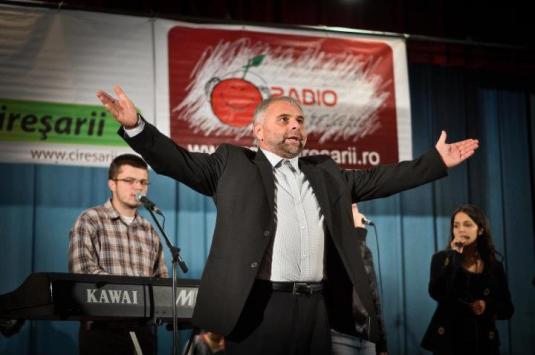 Vezi PAGINA Vladimir Pustan PREDICI
Vezi PAGINA Vladimir Pustan PREDICI
Vezi PAGINA PREDICI aici
Primul interviu este cel mai recent adaugat, realizat in anul 2007:
la Speranta TV 2012
la Speranta TV 2011
la Credo TV 2011
The Hiding Place -The story of Corrie Ten Boom
22 sept. 2012 Un comentariu
in Persecution Etichete:concentration camp, Corrie, Corrie ten Boom, Dutch Reformed Church, film, Gestapo, Hiding Place, movie, Nazi, Netherlands, World War II
Published on Apr 4, 2012 by Garsamel7
For her efforts to hide Jews from arrest and deportation during the German occupation of the Netherlands, Corrie ten Boom (1892-1983) received recognition from the Yad Vashem Remembrance Authority as one of the „Righteous Among the Nations” on December 12, 1967. In resisting Nazi persecution, ten Boom acted in concert with her religious beliefs, her family experience, and the Dutch resistance. Her defiance led to imprisonment, internment in a concentration camp, and loss of family members who died from maltreatment while in German custody.
The ten Boom family were members of the Dutch Reformed Church, which protested Nazi persecution of Jews as an injustice to fellow human beings and an affront to divine authority. In her autobiography, ten Boom repeatedly cited religious motivations for hiding Jews, particularly her family’s strong belief in a basic tenet of their religion: the equality of all human beings before God. Their religious activities had also brought the family a history of personal connections to the Jewish community. Corrie’s grandfather had supported efforts to improve Christian-Jewish relations in the nineteenth century. Her brother Willem, a Dutch Reformed minister assigned to convert Jews, studied antisemitism and ran a nursing home for elderly of all faiths. In the late 1930s that nursing home became a refuge for Jews fleeing from Germany.
After World War II began, members of the ten Boom family became involved in resistance efforts. Two nephews worked in resistance cells. Various family members sheltered young men sought by the Nazis for forced labor and assisted Jews in contacting persons willing to hide them. Corrie became directly involved in these efforts when, along with her father and sister Betsie, she decided to hide Jews in the family home in Haarlem, the Netherlands. Using her job as a watchmaker in her father’s shop as a cover, Corrie built contacts with resistance workers, who assisted her in procuring ration books and building a hiding place in the family home.
Six people, among them both Jews and resistance workers, hid in this hiding place when the Gestapo (German secret state police) raided the house on February 28, 1944. Those in hiding remained undiscovered. Several days after the raid resistance workers transferred them to other locations. In the meantime, however, the Gestapo had arrested Corrie ten Boom, her father, her brother and two sisters, and other family members. In addition, the Gestapo arrested several resistance workers who had unwittingly entered the house during the raid, as well as many family acquaintances who had been attending a prayer meeting in the living room. Altogether, the Gestapo arrested some 30 people in the ten Boom family home that day.
After holding them briefly in the penitentiary in Scheveningen, a seaside town close to The Hague, the Gestapo released all but three of the ten Boom family members. Corrie ten Boom, her older sister Betsie, and her father Casper remained in prison. Casper ten Boom became sick in prison and died in a hospital corridor only ten days after the arrest. The sisters remained in the Scheveningen prison until June 1944, when officials transferred them to an internment camp at Vught, in the Netherlands. In September 1944, the Nazis deported Corrie and Betsie ten Boom to the Ravensbrueck concentration camp in Germany. In Ravensbrueck, the sisters managed to stay together until Betsie died that December.
The camp administration released Corrie ten Boom in late December 1944. Along with other released prisoners, she traveled by train to Berlin, where she arrived on January 1, 1945. From Berlin, ten Boom journeyed across Germany by train until she reached the Netherlands, where she reunited with surviving members of her family.
After the war, ten Boom advocated reconciliation as a means for overcoming the psychological scars left by the Nazi occupation. She later traveled the world as an evangelist, motivational speaker, and social critic, referring to her experiences in Ravensbrueck as she offered solace to prisoners and protested the Vietnam War.
Source: http://www.ushmm.org/wlc/en/article.php?ModuleId=10006914
Uploaded by DeBunker7 on Apr 7, 2008
Interview from 1974 with The Hiding Place Christian movie of Nazi Concentration Camp horror.
David Platt at the Send North America Conference 2012 – 10 exhortations from the Church in Antioch
22 sept. 2012 2 comentarii
in David Platt Etichete:Acts 11, Acts 13, Church of Antioch, Church planting, missions, Send North America Conference.2012
source http://www.namb.net/SNA_Conference_Audio-Video/
David Platt
In the closing message of the Send North America Conference, David Platt, pastor of The Church at Brook Hills, Birmingham, Ala., encourages pastors and church planters to focus on making disciples—using the book of Acts as a guide.
David Platt starts his message by recounting his meeting with some christians in Cuba last year and seeing how the churches there are growing exponentially, even with a communist ceiling over them. And even without buildings and big meeting places, Cubans are spreading the Gospel like wildfire. He tells the story of one pastor (who had planted 60 churches) who was summoned to a communist counsel for questioning and he shwoed up there with a huge rock. When they asked him what he brought the rock for, he answered, „I want you to know from the beginning that if you try to stop me from speaking about Christ, this rock is going to do it for me.” They thought he was crazy and they let him go.
I got my pen and paper and I asked him how did you plant 60 churches, and then those churches planted 25 churches and many more? He said, „Here’s how we do it. We make disciples”.
I came back thinking: We come up with all kinds of methods for multiplying the church in our culture. We give money, we start campuses, we use DVD’s to show pastors, satellites,- I am not saying, in any way, that any of that is wrong. But I can’t help but wonder: What if we didn’t have the capabilities to reproduce DVD’s or pour hundreds of thousands of dollars into multiple campuses? What if we didn’t have the technology that we do have and we should be wise to use (them)> But, if we didn’t have those things, what if we had what many of our brothers and sisters around the world have?
What if all we had was the Spirit of God and the Word of God and the people of God?
This would be sufficient, to see the Gospel spread like wildfire across North America.
Do we really believe that? Or have we become so dependent on our money, and our technology, and our creativity, and our ingenuity that we have missed the essence of how the church is multiplied, through the making of disciples?
People of God, Spirit of God, word of God making disciples of Jesus Christ. I would have conversations with those people in Cuba and they would say, „Obviously, you know a church is not healthy if it’s not reproducing”.
Ten exhortations from the Church in Antioch
Acts 11:19 The Church in Antioch and Acts 13
19 Now those who were scattered because of the persecution that arose over Stephen traveled as far as Phoenicia and Cyprus and Antioch, speaking the word to no one except Jews. 20 But there were some of them, men of Cyprus and Cyrene, who on coming to Antioch spoke to the Hellenists also, preaching the Lord Jesus. 21 And the hand of the Lord was with them, and a great number who believed turned to the Lord. 22 The report of this came to the ears of the church in Jerusalem, and they sent Barnabas to Antioch. 23 When he came and saw the grace of God, he was glad, and he exhorted them all to remain faithful to the Lord with steadfast purpose, 24 for he was a good man, full of the Holy Spirit and of faith. And a great many people were added to the Lord. 25 So Barnabas went to Tarsus to look for Saul, 26 and when he had found him, he brought him to Antioch. For a whole year they met with the church and taught a great many people. And in Antioch the disciples were first called Christians.27 Now in these days prophets came down from Jerusalem to Antioch. 28 And one of them named Agabus stood up and foretold by the Spirit that there would be a great famine over all the world (this took place in the days of Claudius). 29 So the disciples determined, every one according to his ability, to send relief to the brothers living in Judea. 30 And they did so, sending it to the elders by the hand of Barnabas and Saul.
This church was the base of making disciples and multiplying churches all throughout the Roman world.
Exhortation #1 – Let’s raise up ordinary people in the church, who will do extraordinary things in the kingdom.
(In Acts 11)This was not Peter and John being sent to Antioch, these are unnamed men and women, unofficial leaders – no seminary training, no church planting experience, no convention behind them, no official direction before them… just some people. Acts 11:20 says… who would start some of the greatest churches, literally, in the history of Christianity. Ordinary disciples of Jesus making disciples, this is how the Gospel is spreading in the book of Acts, and if we are not careful, we are tempted to miss this in our day.
You want to grow a church today, you want to plant a church today? Get a very effective communicator, get particularly gifted musicians, get a good place to gather and organize programs for all of the ages and stages that are represented there and you are set. Yet, none of these things are mentioned in the start of the church at Antioch. Instead of professionals, places and programs, all you got is ‘some people’, who are preaching the Gospel. And this is how God intends for His Gospel to spread in our communities, throughout cities in North America. Not through constructing bigger buildings, not through creating cooler programs, not through putting up sharper presentations. But, through equipping ordinary people to make disciples, and do extraordinary things in the kingdom. Let’s learn from our brothers and sisters in the book of Acts.
Do we not want the type of church growth that does not point people to gifted communicators, or gifted this or that, but, church growth that points people to one place? The glory of our God! … through unnamed men and women.
Watchman Nee once said, „The church is suffering, not so much from the prominence of the 5 talent members, as of the holding back of the 1 talent members. The life of the whole body is hampered in poverty, by the burial of those single talents. (a reference to the parable of the talents).
We must be careful not to exalt unique giftings of particular leaders with particular talents, while we ignore the Holy Spirit gifting in every single person in the body of Christ.
Our evangelistic strategy is not built on bringing as many people as possible into a building for nice programs. Our evangelistic strategy must be built on sending out as many people as possible, to be God’s people, ordinary men and women making disciples, multiplying churches, doing extraordinary things in the kingdom.
Exhortation #2 – Let’s embrace suffering
(15 min)Let’s embrace suffering as a God ordained means for the accomplishment of the great commission. The church at Antioch was started because of persecutionIf Stephen had not been stoned, killed, the Gospel for all we know, would still be stuck in Jerusalem at this point. So, martyrdom in the church led to multiplication of the church. And, that is a frightening thing for us to realize, especially when we realize that this was God’s design. God does not just allow suffering among His people, He ordains suffering among His people, for the accomplishment of His purpose. All throughout the New testament, we see the Gospel spreading, not in spite of suffering, but, precisely because of suffering in Christian’s lives.
And it makes sense. How are we saved from our sins? By a suffering Savior; Jesus died, was killed, was crucified. So then, ask the question: How then is this salvation going to spread? And the answer is: This news about a suffering Savior will spread through suffering servants.
Satan’s strategies to stop the church will ultimately serve to spread the church because our God is in control. I love what one prominent Romanian church pastor said: He was experiencing persecution, he had been arrested numerous times, beaten numerous times, threatened and he wrote about a time when he was under house arrest, being interrogated. He said, „Earlier, during the interrogation I had told an officer who had threatened to kill me. I said, ‘Sir, this is how I see it. Your supreme weapon is killing, my supreme weapon is dying. Here’s how it works. You know that my sermons on tape have spread all over the country. If you kill me, those sermons will be sprinkled with my blood, everyone will know I dies for my preaching and everyone who has my tape will pick it up again and say: I better listen again to what this man preached, because he really meant it.He sealed it with his life. So, sir, my sermons will speak 10 times louder than before. I will actually rejoice in this supreme victory, if you kill me. After I said this, the interrogator sent me home. Another officer who was interrogating a pastor friend of mine told him: We know that that other pastor would love to be a martyr, but we are not that foolish to fulfill his wish. He said: I stopped to consider the meaning of that statement. I remembered how for many years I had been afraid of dying. I kept a low profile because I wanted badly to live, i had wasted my life in inactivity. But, now that I had placed my life at the altar and I had decided that I was ready to die for the Gospel, they were telling me that they would not kill me. I could go wherever I wanted to go in the country and preach whatever I wanted, knowing I was safe and as long as I was trying to save my life, I was losing it. Now that I was willing to lose it, I found it „.
The travel areas of the Acts of the apostles via http://www.ccel.org/bible
Exhortation #3 – Let’s penetrate lostness..
Let’s penetrate lostness through externally focused, intentionally faithful proclamation of the Gospel. These unnamed believers were specifically targeting Greeks. They set their faces on the lost, to preach the Gospel to them. Now, that seems basic, but, it is in danger of being forgotten. We’ve all been humbled by the statistics of church growth due to the transfer of members from one congregation to another. So we are not penetrating lostness, we’re not pushing back the darkness.
So much evangelism today is built around ceasing safe environments for people to come to, in order to hear the Gospel. Evangelism in Antioch was totally different. Instead of building safe environments for people to come to, they were going into dangerous environments, places that no one else would go to.
Intentionally faithful: It says they were preaching the Lord Jesus, and v. 21 says the hand of the Lord was with them and a great number who believed turned to the Lord.
Exhortation #4 – Let’s not build our ministries on counting decisions
but on making disciples. (vv 22-26) Once men and women came to faith in Christ at Antioch, they grew in faith in Christ at Antioch. The goal was not to report numbers. The goal was to raise up disciples.
And we live in a day when it is so easy for people to give intellectual assent to Jesus and it is so easy for us to count people who give such intellectual assent, but we must call people to so much more. The disciples at Antioch were the first ones to be called Christians, the first ones to be identified with the person of Christ. They knew that Jesus was worthy of more than casual association and church attendance. Jesus is worthy of complete abandonment. So, in our evangelism, in our efforts to proclaim this Gospel, may we never minimize the claims of this Gospel upon the lives of the men and women we preach it to. Let us be finished with nominal christianity that dishonors the name of our Christ. Let’s raise up passionate disciples who live and die for identification as christians.
Exhortation #5 -Let’s lead and plant churches
that not only go aggressively after spiritual needs, but also, give sacrificially towards physical needs. This highly evangelistic church was also a highly effective church, when it came to helping hurting brothers and sisters around the world. (vv 27-30) We need to ask: Are we verbally proclaiming the Gospel among the spiritually needy? But we also need to ask: Are we visibly living out the Gospel among the physically needy?
These next 4 come from Acts 13
Exhortation #6 – Let’s love the glory of God more than
we love our own lives. You see the church of Antioch at worship: They are literally blessing the Lord in worship. From this point on we are about to see the missionary expansion of the church to the ends of the earth. And it all starts in a scene of worship. People who love the glory of God will live to spread the Gospel of God. Worship drives the mission. Worship fuels the mission. Why do we go through North America spreading the Gospel and planting churches? Because our King is worthy!
Exhortation #7 – Let’s fast & pray in desperate dependence on the Holy Spirit
They lay their hands on them, and they were sent out by the Holy Spirit. Who are we kidding? Like, we in this room have the creativity, ingenuity, money, technology, gifting, to see North America transformed by the Gospel? Do you realize how ludicrous our message is? Go in the inner cities. Amidst liberal, cultural elite of this continent and tell people that they are wicked, at the core of who they are, condemned in their sin before God and destined in their eternity for hell. Then, if they’re still listening, tell them that 2,000 years ago, the son of a jewish carpenter claimed to be the Son of God and He was nailed, naked to a wooden cross and their future is entirely dependent on denying themselves and declaring Him God, Savior and King. That is a tough sell, and especially in your and my mouth; with all our fears, all our quirks, all our different struggles. For us to call them to surrender their lives, and their money, and their plans, and their possessions, and their future, all they are, and all they have to Christ? Not a chance.
Brothers and sisters, we are desperately dependent on the Spirit of God, to do that which we cannot do on our own. Let us not fool ourselves, thinking that we can come up with a good enough strategy or plan to penetrate this continent with the Gospel. Let us not fool ourselves. Let us instead deny ourselves. Let us fall on our knees in prayer. Let us forsake food in fasting. Why? Because we need spiritual power more than we need physical provision. So, pastors and church planters, are you fasting? We need the church to fast, to pray. If God gave you today, everything you asked for, what would you have? Let’s remember the words of Samuel Chadwick: The devil fears nothing from prayer less work, prayer less studies and prayer less religion. He laughs at our wisdom, he mocks at our toil, but he trembles when we pray. So let’s fast and pray in desperate dependance on the Holy Spirit of God, for Him to do things in, and through, and around, and among us that we could never do on our own. Let us throw aside our sinful self sufficiency. Let’s humble ourselves before God and pastors let’s devote ourselves to the ministry of the word and prayer, to the ministry of pleading before God day in and day out, hour after hour for His power and His presence, His leading and His guidance, and His grace, for His glory. As we do, God will raise up people, just like He’s doing in Acts 13.
Exhortation #8 – Let’s commission brothers & sisters
in the context of community. So, as God raises them up, let’s commission them. In the context of community, the local church is God’s chosen means for the training and sending of pastors, church planters and missionaries. So pastors, let’s call every member of our church to pray for the possibility of God, that He may be sending them out. Do we trust God? If we trust Him to save us, how can we not trust Him to lead us? He is good, He knows what is best for us.
Exhortation #9 -Let’s trust that intentionally making disciples
inevitably leads to multiplying churches. See the simplicity of this (I’m not talking ease)- Paul and Barnabas went out and preached the Gospel. They led people to Christ, baptized them and they showed them how to follow Christ. They raised up leaders and they were gone. So many things that we associate with the church are nowhere to be found in the book of Acts. You have the people of God, the Spirit of God and the word of God. That’s it. And apparently that’s enough. The more we complicate disciple making the more we will stifle church planting.
Could it be that God wants to do the same thing from our churches? Preaching the Gospel, making disciples, that will inevitably lead to multiplying churches across North America? This plan (in Acts-God’s plan) is good, it works.
Exhortation #10 – Let’s leave a legacy of disciple makers
churchplanters and pastors all across North America for the fame of God’s name.
Related articles
- David Platt – God in the life of a pastor
- David Platt – „Success is found in the faithfulness to the Bible”
- David Platt update from India…Laborers are few (rodiagnusdei.wordpress.com)
- Sign up to watch David Platt and Francis Chan – Multiply Movement Webcast Nov 9-10, 2012 (rodiagnusdei.wordpress.com)
- Catalyst Atlanta 2012 – David Platt, Matt Chandler, Francis Chan, Nick Vujicic and many others October 3-5 (rodiagnusdei.wordpress.com)
- David Platt Webcast on Secret Church and Radical (August 2012) (rodiagnusdei.wordpress.com)
Nicu Wagner – TOAMNA – Inca un video exceptional pentru prima zi de toamna
21 sept. 2012 4 comentarii
in Uncategorized Etichete:cantare, Nicu Wagner, Toamna
Published on Sep 1, 2012 by nitaviorel1
Multumesc sorei Virginia Brasov pentru versuri !
Mi-aplec din nou urechea sa inteleg Cuvantul
s-ascult ce spune ploaia, si-apoi ce spune vantul
si dezlegandu-mi mintea de gandurile rele
sa inteleg mesajul covorului de stele
Din noptile de vara cu miez de viata noua
cu dimineti frumoase parca scaldate-n roua
cand vantul care sufla din ce in ce mai rece
imi spune parca-n taina caci vara iarasi trece
prin vajaitul parca din ce in ce mai tare
imi aminteste vantul caci vine gerul mare
ce stinge picatura de viata din natura
si va schimba pamantul cu-ntreaga lui faptura
insa intre arsita din zilele de vara
si iarna in care totul parca-i sortit sa moara
exista o toamna lunga, atat de minunata
ca o speranta in lume de Dumnezeu lasata
tu toamna vei culege doar rodul muncii tale
cu plans de bucurie sau lacrimi mari de jale
caci toamna-i foarte dreapta..ea este rea sau buna
stiind ca omul toamna ce-a semanat aduna
ce multi cuprinsi de groaza privesc holda pustie
caci s-au trezit la lucru-ntr-o vreme prea tarzie
au ochii plini de lacrimi si inima amara
privind la vremi pierdute din zilele de vara
mi-aplec din nou urechea sa inteleg cuvantul
s-ascult ce spune ploaia si-apoi ce spune vantul
si dezlegandu-mi mintea de gandurile rele
sa inteleg mesajul covorului de stele
Ti-ai pus vreodata-n taina mareata intrebare
in toamna sufleteasca ce-aduni tu in hambare?
caci universul are o lege neschimbata
ce semeni vei culege in toamna ce te-astepta
Lazar Gog – Principiile libertatii crestine
21 sept. 2012 3 comentarii
in Lazar Gog Etichete:1 Corinteni 6:12-20, adulter, avort, betie, ce te stapaneste, Corint, curvie, dans, decizie, discoteca, Dumnezeu, libertate crestina, marturia personala, Pacatul
Vezi PRIMA Parte aici – Crestinul, credinciosul si alcoolul
Textul: 1 Corinteni 6:12-20
12 Toate lucrurile îmi sînt îngăduite, dar nu toate sînt de folos; toate lucrurile îmi sînt îngăduite, dar nimic nu trebuie să pună stăpînire pe mine.
13 Mîncările sînt pentru pîntece, şi pîntecele este pentru mîncări. Şi Dumnezeu va nimici şi pe unul şi pe celelalte. Dar trupul nu este pentru curvie: el este pentru Domnul, şi Domnul este pentru trup. 14 Şi Dumnezeu, care a înviat pe Domnul, ne va învia şi pe noi cu puterea Sa.
15 Nu ştiţi că trupurile voastre sînt mădulare ale lui Hristos? Voi lua eu mădularele lui Hristos, şi voi face din ele mădulare ale unei curve? Nicidecum! 16 Nu ştiţi că cine se lipeşte de o curvă, este un singur trup cu ea? Căci este zis: ,,Cei doi se vor face un singur trup„.
17 Dar cine se lipeşte de Domnul, este un singur duh cu El.
18 Fugiţi de curvie! Orice alt păcat, pe care -l face omul, este un păcat săvîrşit afară din trup; dar cine curveşte, păcătuieşte împotriva trupului său.
19 Nu ştiţi că trupul vostru este Templul Duhului Sfînt, care locuieşte în voi, şi pe care L-aţi primit dela Dumnezeu? Şi că voi nu sînteţi ai voştri? 20 Căci aţi fost cumpăraţi cu un preţ. Proslăviţi dar pe Dumnezeu în trupul şi în duhul vostru, cari sînt ale lui Dumnezeu.
Published on Sep 17, 2012 by empspot by Rev. Dr. Lazar Gog
Am acoperit mesajul de dimineata, cuvantul Domnului care priveste viata crestina si consumul de alcool, de vin. (Vezi aici aceasta postare – Crestinul, credinciosul si alcoolul). Am putut sa vedem ce spune sfanta scriptura in aceasta privinta. In aceasta seara ne vom uita la libertatea crestina in general, ca sa stim cand luam o decizie, cum luam acea decizie. Cand vrem sa facem un lucru, pe ce ne bazam. Care sunt principiile care guverneaza deciziile noastre? Apostolul Pavel, inspirat de Duhul Domnului ne raspunde la aceste probleme cand scrie Corintenilor.
Apostolul Pavel a vizitat Corintul in a doua sa calatorie misionara. Faptele Apostolilor 18:1-18, probabil intre anii 52 53 A.D. Corintul era un oras infloritor, un port maritim foarte important, o ruta economica si un centru economic apreciat de Greci si de Romani. As vrea sa stim lucrul acesta, in vremea aceea, Corintul era al patrulea oras ca marime in lume- dupa Roma, Alexandria Egiptului si Antiohia. Corintul disponea de peste 400,000 de locuitori, deci un oras imens ca si orasele de astazi. Se bucura de o viata luxurianta si faima Corintului era templul Afroditei. Un templu imens, dedicat acestei zeite a dragostei, a sexului, a fertilitatii, a vietii frumoase, spun ei. Afrodita este cunoscuta in alte culturi cu numele de Venus, Astarte, Isis, Diana. Ce se practica in acest templu dedicat Afroditei era asa zisa prostitutie sfanta. Era servit de femei preotese care fie se tundeau, fie se barbereau pe cap ca sa fie cunoscute ca sunt preotese, adica ca pot sa fie foloste in orgii, in betii, in sex fara bariere.
Datorita acestei vieti destrabalate, Corintul se bucura in vremea aceea de un turism exagerat de mare. Oameni din tot imperiul Roman calatoreau la Corint ca sa participe la sarbatorile necenzurate ale unei vieti libere, ale unei expresivitati libere. De aceea s-a si infiintat un termen, nu stiu daca dumneavoastra a-ti notat acest termen, datorita vietii libere, necenzurate, sex cand vrei, cu cine vrei, betie cum vrei, orgii cum vrei, fara ca cineva sa te ia la socoteala; s-a infiintat un termen: „to Corinthisize”- „a Corintiniza”. Inseamna a trai fara frau. In conditii de felul acesta biserica lui Hristos trebuia sa fie biserica si nu suntem mai departe cu mult in aceste zile de viata de la Corint, pentru ca aceasta este tendinta. Oamenii vor sa traiasca cum vor, sa n-aiba nici o restrictie, sa nu le spuna nimeni ce sa faca, sa nu le spuna nimeni ce sa aleaga, cum sa se comporte.
De acea filozofia timpului nostru este: Traiesc cum vreau. Filozofia timpului nostru este aceasta: Ce este ok pentru mine este ok pentru mine. Ce este ok pentru tine este ok pentru tine. Aproape ca numai exista o norma etica dupa care oamenii sa umble si de aceea in loc de etica si de frica de Dumnezeu, de sfintenie, oamenii au virtuti personale. De exemplu, a-ti observat- se vorbeste tot mai putin despre legaminte- „commitments”, de casatorie si se vorbeste doar despre relatii. Toata lumea vorbeste despre relatii „relationships”. Stiti de ce? Pentru ca vor sa evite responsabilitatea care vine in urma casatoriei din dragoste.
Nu mai vorbim dspre abtinere, despre abstinenta, ci de libertate individuala. Si in biserici se vorbeste despre libertatea in Hristos, abuzandu-se acest termen. Dar, ca si credinciosi, ca oameni care ne numim crestini, noi trebuie sa traim dupa norme absolute, fixe, care nu se schimba. Dumnezeu este neschimbator Maleahi 3:6. Iacov 1:18. Cuvantul Domnului nu se schimba. 1 Petru 1:23, Matei 24:35. Legea morala din cele 10 porunci ramane aceiasi pentru toate timpurile. Porunca cea mare de a iubi pe Domnul cu toata inima, cu tot sufletul tau, cu toata puterea ta Deuteronom 6:5 ramane absoluta. Regula de aur ramane absoluta. Matei 7:12 Ce vreti sa va faca oamenii, faceti-le voi. mai intai. Fericirile din predica de pe munte Matei 5;1-12 raman absoulte. Toata Scriptura este absoluta. Psalmul 19:7-14 Intrebarea este: Cum respectam aceste lucruri absolute cand noi vrem sa traim dupa ceva relativ? Si in biserica este aceasta tendinta (ca) oamenilor sa nu li se spuna prea multe lucruri.
Am citit aceasta intamplare: Un vas de razboi se apropia noaptea de un punct luminos si punctul acesta luminos se facea tot mai mare si venea tot mai aproape de vasul de razboi. La un moment dat, capitanul vasului a trimis un semnal catre punctul acela luminos: Schimbati-va directia 10 grade west. Dinspre lumina a venit raspunsul: Schimbati-va dumneavoastra directia 10 gradea est. Manios, capitanul vasului a comunicat si a zis: Sunt capitanul comandant de marina –––, schimbati-va directia! De partea cealalta a venit raspunsul: Sunt ofiterul inferior, de gradul 2 ––-, schimbati-va dumneavoastra directia. De acum, capitanul s-a suparat de-a binelea- cum d-le, un ofiter inferior imi spune mie ce sa fac? A considerat aceasta obraznicie si i-a spus acestui ofiter inferior: Eu sunt ofiterul unei nave de razboi, eu nu-mi schimb directia. La care, pe partea cealalta ofiterul inferior ii raspunde: Iar eu sunt farul luminos si centrul de control maritim. Daca nu va schimbati directia, deja intrati in primele stanci pe care le intalniti in fata.
Sunt oameni care vor sa evite lumina, Hristos. Vor sa evite lumina cuvantului lui Dumnezeu. Vor sa evite lumina care este tatal ceresc, lumina care este Duhul Sfant. Si cand o evita isi pateaza constiinta, fac lucruri oribile si in final asa cum am auzit la studiul din epistola lui Iuda, in final potrivit Romani 1, Dumnezeu ii lasa prada mintii lor blestemate, sa creada o minciuna si sa traiasca apoi lucruri pentru care vor fi judecati de Dumnezeu.
Pe ce principii facem decizii in viata?
Notati acest lucru, este drept: Toate lucrurile ne sunt ingaduite, dar noi nu avem ingaduinta pentru toate lucrurile. Dumnezeu ne-a dat libertate in Hristos mantuindu-ne, dar libertate scapandu-ne de pacat. Ne-a eliberat de pacat, nu ne-a dat libertate sa pacatuim. Atunci se pune aceasta intreabare: Pe ce principii facem decizii in viata? Potrivit pasajului care l-am citit si pasaje paralele in Scriptura, sunt 7 principii pe care cuvantul Domnului scris de apostolul Pavel ni le pune in fata. Deci, cand vreau sa iau o decizie, cand vrei (tu) sa iei o decizie, cand vrei sa participi la un eveniment- in timpul anului scolar vin foarte multi tineri (si intreaba): Pot sa ma duc la prom (dans)? Cand vrei sa iei o decizie sunt cateva principii dupa care sa te calauzesti.
Principiul #1 Ce spune Scriptura?
Ce spune Scriptura despre ce vreau sa fac? 1 Corinteni 4:6 să învăţaţi să nu treceţi peste ,,ce este scris` Deci trebuie sa ne preocupe Scriptura mai mult, sa stim ce scrie in Scriptura daca vrem sa luam decizii bune. Si cand te uiti in Scriptura, noteaza 4 principii dupa care sa citesti Scriptura:
- Ce citesti in Scriptura? Luca 10:25-26 Un doctor al legii, un avocat a venit la Domnul Isus Hristos si a zis: Invatatorule, ce sa fac sa fiu mantuit? Scria in Scriptura ce sa faca. Fiti atenti ce ii raspunde Isus Hristos: Ce este scris in lege? Cum citesti in ea? In lege, in Scriptura e scris bine, (dar) ce citesti tu acolo? Asta-i marea problema. Credeti ca aceasta carte-i sfanta? Ei, in aceasta carte sfanta, cine vrea sa curveasca gaseste argument sa o faca. Da. Citeste ce este scris, nu ce vrei tu sa vezi in ea.
- Ia seama bine la citire. 1 Timotei 4:13 Pînă voi veni, ia seama bine la citire, pentru ca de foarte multe ori citim in fuga Biblia si nu dam atentie la virgula, nu dam atentie la cuvintele care le foloseste. Cum am vazut azi dimineata, toata lumea vede ca ap. Pavel ii spune lui Timotei sa bea vin, dar nu vede ca ce beau apostolii era numai apa.
- Da atentie contextului. 1 Corinteni 11:10-15 este acel pasaj mare despre acoperitoarea femeii este parul capului si trebuie sa spunem ca in unele biserici evanghelice s-au facut partide pe tema aceasta. Trebuie sa intelegi contextul si cultura in care se desfasoara textul acela ca sa poti sa aplici la cultura in care tu ai intrat
- Compara Scriptura cu Scriptura. 2 Petru 1:20-21 Spune ap. Pavel ca Fiindcă mai întîi de toate, să ştiţi că nicio proorocie din Scriptură nu se tîlcuieşte singură. Deci, daca ai gasit un verset in Biblie care te incurajeaza sa bei, sa dansezi, care te incurajeaza sa mergi pana la capat cu boyfriendul sau girlfriendul, ia vezi tot subiectul acela in Biblie si vei vedea ca Biblia iti spune, „Fugi de curvie”, „feriti-va de pacat”.
- Constiinta. Daca vreti, la aceasta puteti adauga si principiul constiintei, ca sa ai 2 martori potrivit Deuteronom 19:15, „orice lucrare, orice fapta sa o faci pe baza a doi martori„. Trebuie sa ai cuvantul un martor si constiinta un martor. Cand faci ceva, ce iti spune constiinta?
De aceea pierim ca nu stim ce scrie in Scriptura, de aceea pacatuim.
Principiul #2 Folosul spiritual al vietii
Foloseste vietii zilnice si celei spirituale ceea ce vrei tu sa faci? 1 Corinteni 6:12 Toate lucrurile îmi sînt îngăduite, dar nu toate sînt de folos; De folos este legea lui Dumnezeu. Toti vrem ca sa fim fericiti. Daca vrem sa fim fericiti, ceea ce te face fericit este legea lui Dumnezeu, chiar legea slobozeniei. Iacob 1:25 Dar cine îşi va adînci privirile în legea desăvîrşită, care este legea slobozeniei, şi va stărui în ea, nu ca un ascultător uituc, ci ca un împlinitor cu fapta, va fi fericit în lucrarea lui. Deci adancime, nu spuerficialitate. In legea desavarsita, care este legea libertatii. Si va starui in ea, nu ascultator ci implinitor cu fapta va fi fericit. Cat de glorios. Deci, cand iei o decizie, punte-ti aceasta intrebare:
- Este folositor ce vreau sa fac?
- La ce te ajuta decizia? La ce-ti foloseste ingaduinta care vrei sa ti-o permiti?
- Ce pace iti da in suflet daca o faci?
- Cat de aproape de Domnul te aduce?
- Cat de mult se intareste familia ta cand iei decizia aceasta?
- Cat de multa incredere castigi in sotie/sot prin aceasta decizie? In toti, in parinti, in copii? Daca vorbesti cum vorbesti, zidesti familia, zidesti prietenii? Scriptura spune: Nici un cuvant stricat sa nu va iasa din gura, ci unul bun, de zidire dupa cum este voie sa dea har celor care-l asculta. Efeseni 4:29
- Ridica pe cineva cuvintele mele? Ma face mai bun fapta mea?
- Cum as reactiona daca mie mi s-ar face lucrul pe care eu vreau sa-l fac?
- Si in final: SUNT EU FERICIT DUPA CE L-AM FACUT?
Pentru ca tu, eu, noi cautam fericirea. Vei fi fericit pentru momentul acela probabil. Pentru ca asa zicem noi ca suntem fericiti, dar dupa aceea vine chinul constiintei, dupa aceea vine depresia psihica. Va trebui sa stau de vorba cu prea multi in felul acesta, prea multi in depresie.
Principiul #3 Fapta ma apropie de Domnul sau ma stapaneste?
Ma aduce fapta pe care vreau sa o fac mai aproape de Domnul sau ma stapaneste? Ma face rob. 1 Corinteni 6:12 toate lucrurile îmi sînt îngăduite, dar nimic nu trebuie să pună stăpînire pe mine. Nimic. Dumnezeu ne-a creat sa fim stapani. Cand ne-a pus in gradina Edenului ne-a zis, „Cresteti, inmultiti-va, umpleti pamantul si stapaniti-l”. Dar acuma ne stapaneste pamantul. 2 Petru 2;19 spune „caci fiecare din voi esti rob lucrului de care esti stapanit. Principiul este acesta.
Dau un exemplu: Daca te0ai dus acasa, ai deschis computerul pentru ca ai zis, „Vreau sa intru putin pe google sa cercetez nu stiu ce”. Daca nu te poti opri sa intri un pic si pe saitul ala care constiinta ta iti spune ca este murdar, deja ai probleme. Daca nu tepoti opri sa te duci unde te duci deja ai probleme. Inseamna ca esti stapanit de lucrul acela. Atunci principiul este acesta, spune apostolul Pavel: Vrei sa iei o decizie care sa te onoreze si sa onoreze pe Domnul, uitata-te bine. Lucrul pe care il faci este un lucru care te stapaneste sau este un lucru care il glorifica pe Domnul si te apropie mai tare de Domnul. Atunci pui intrebarea: Daca fac lucrarea aceasta, daca fac pasul acesta, daca ma duc in locul acesta devin mai credincios, ma apropii mai tare de Domnul sau ma apropii de cei care ma manipuleaza? De lucruri pe care le doreste firea? De cei ce vor sa fiu popular cu ei, dar rebel cu Dumnezeu? Ma apropii mai mult de poftele firii mele decat de ascultare de Dumnezeu. Si atunci sa ne punem intrebarea: CINE domneste peste noi? CE domneste peste noi? Pentru ca fiecare este rob lucrului de care este stapanit
Principiul #4 Ai pus totul sub domnia lui Isus?
1 Corinteni 6:19-20 Nu ştiţi că trupul vostru este Templul Duhului Sfînt, care locuieşte în voi, şi pe care L-aţi primit dela Dumnezeu? Şi că voi nu sînteţi ai voştri? 20 Căci aţi fost cumpăraţi cu un preţ. Proslăviţi dar pe Dumnezeu în trupul şi în duhul vostru, cari sînt ale lui Dumnezeu. Astazi este foarte la moda sa fi pro-choice. Adica pro alegere personala. Ca opus pro life, pro viata. Si din acest prochoice este un curent foarte la moda, in special printre femei- feminismul. Este o invatatura demonica. Este o lozinca mare in lumea politica sa spui: Mie sa nu-mi spuna republicanii, sa nu-mi spuna democratii ce sa fac cu trupul meu. Ca noi suntem stapane pe trupul nostru. Nu esti stapan. Daca esti casatorita, sotul e stapan pe trupul tau. 1 Corinteni 7 Daca esti casatorit, sotia este stapana pe trupul tau ca sot. Si deasupra, Domnul este stapan pe trupul nostru, pe sufletul si pe duhul nostru pentru ca ne-a cumparat cu un pret.
Daca esti necasatorit si spui: Eu n-am stapan; stapanul tau este Domnul. Nu spui tu ca esti copilul Domnului? De ce nu poti face ce vrei? Domnul ne-a cumparat cu sangele cel scump si pretios al Domnului Isus Hristos. 1 Petru 1:18-19 De aceea, trebuie sa ascultam de Domnul. Atunci, ce-i de facut? Trebuie sa punem sub stapanirea Domnului, sub autoritatea lui Isus Hristos, sub domnia Lui gandul tau-constiinta, sufletul tau-vointa, ratiune, sentimente, trupul tau-cele 5 simturi. Nu fugi repede sa te uiti unde te uiti. Da atitudinea ta Domnului, sub stapanirea Domnului, imaginatia ta 2 Corinteni 10:5 „noi rasturnam imaginatia” si orice gand il facem rob al ascultarii de Hristos. Ascultarea ta, faptele tale, umblarea ta, slujirea ta.
De aceea spune ap. Pavel „nu stiti ca voi nu sunteti ai vostri”? De aceea sa nu traiti cu lozinci. Lumea politica traieste cu lozinci. Nu dupa lozinci traim, noi traim dupa cuvantul lui Dumnezeu. Si nu mergem sa ne batem in piept, „Noi facem ce vrem, sa nu ne spuna nimeni ce facem”. Ba da, trebuie sa iti spuna Dumnezeu pentru ca te lauzi ca esti copilul lui Dumnezeu. Tu nu mai esti al tau. Tu trebuie sa decizi dupa cuvantul Domnului.
Principiul # 5 Iti afecteaza decizia marturia ta personala?
Decizia pe care vreau sa o iau imi afecteaza marturia personala? 1 Corinteni 8:9-13 Luaţi seama însă ca nu cumva această libertate (slobozenie) a voastră să ajungă o piatră de poticnire pentru cei slabi. 10 Căci dacă te vede cineva pe tine, care ai cunoştinţă, că şezi la masă într’un templu de idoli, astazi te vede in bar, te vede in discoteca, te vede in club de noapte, te vede la casino- care este slab, nu -l va împinge pe el să mănînce din lucrurile jertfite idolilor? 11 Şi astfel, el, care este slab, va pieri din pricina acestei cunoştinţe a ta: el, fratele, pentru care a murit Hristos! Uite ca te faci responsabil de sangele semenului tau.12 Dacă păcătuiţi astfel împotriva fraţilor, şi le răniţi cugetul lor slab, păcătuiţi împotriva lui Hristos. 13 De aceea, dacă o mîncare face pe fratele meu să păcătuiască, nu voi mînca niciodată carne, ca să nu fac pe fratele meu să păcătuiască. Si bineinteles ca fratilor nostri le spunem sa se mai maturizeze putin. Nu toata ziua sa umble dupa pricini de poticnire.
Insa, principiul fundamental este acesta: Eu sunt copilul Domnului, martorul lui Hristos. In decizia care o iai, in fapta pe care o faci se intareste marturia ta? Sau se arata cu degetul inspre tine, „No, asta imi spune mie sa ma pocaiesc?” Incredintarea ta poate fi problematica. Cel slab in credinta poate pieri din pricina mea daca ma vede in astfel de locuri. Ce sa cauti tu in zona in care umbla prostituatele? Sau se vand droguri? La computer, pe saituri murdare, pe plaja, in locuri murdare unde lumea-i mai dezmatata- la nudism- ca sa intelegeti bine. Daca te vede la party unde se consuma alcool, unde se spun glume porcoase, unde se danseaza. Cel de langa mine pentru care sunt responsabil nu mai crede in ceea ce eu ii spun sau ce tu ii spui. Chiar daca ai fost pana acuma cel mai influent om, cand oamenii se uita la mine si la tine si ma vad in locuri in care nu trebuie sa fiu, vorbind ce nu trebuie sa vorbesc,, practicand ce nu trebuie sa practic marturia mea este stirbita. Cum v-ati simti cineva sa va sune si sa va spuna, „Unde mergeti in seara aceasta?” „Pai, mergem la biserica cutare. Acolo-i un pastor mare”. „O, ala este? Pai, am fost cu el la casino si de acolo am intrat cu el la bar de noapte, dar numai o jumate de ora”. V-ati duce? E marturie.
Trebuie sa fi convingator ca Isus mantuie, ca Isus vindeca, ca Isus e viu, ca Isus e sfant. Atunci, fi plin de viata din Isus, sfant, pastreaza-te curat, pastreaza-ti marturia, sa-mi pastrez manturie si marturia mea va avea putere. Altfel, ap. Pavel spune, „Va faceti vinovati de doua lucruri: Faceti sa pacatuiasca semenul/fratele vostru si pacatuiti impotriva lui Hristos.
Principiul #6 Fapta/decizia mea inalta pe Domnul?
Decizia pe care eu sau tu vrei sa o faci, fapta pe care vreau sa o comit: Inalta aceasta pe Domnul? 1 Corinteni 10:31 Deci, fie că mîncaţi, fie că beţi, fie că faceţi altceva: să faceţi totul pentru slava lui Dumnezeu. Sa nu-mi spuna nimeni ca a comis adulter pentru gloria lui Dumnezeu. Sa nu-mi spuna nimeni ca s-a imbatat pentru gloria lui Dumnezeu. Sa nu-mi spuna nimeni ca luat droguri pentru gloria lui Dumnezeu. Potrivit Efeseni 1:12 „noi am fost randuiti de Dumnezeu sa slujim glorie Domnului Isus Hristos. Cand tu vrei sa faci lucrul care iti sta in fata si zici, „De mult am vrut sa incerc macar odata”, intreaba-te, „Lauda pe Domnul ceea ce eu vreau sa fac?” Uitati ce a spus Isus, „Tot asa sa lumineze si lumina voastra inaintea oamenilor, ca ei sa vada faptele voastre bune si sa-L laude pe Tatal vostru care este in ceruri”. Matei 5:16.
Sa notam: Pe cine glorifica lucrarea mea, fapta mea, decizia mea, locul in care am ales sa fiu, locul in care am intrat? Pe cine glorifica saitul pe care ma uit pe internet? Pe cine glorifica alegerea prietenului necredincios daca tu esti credincioasa? Cat de departe ma duce aceasta prietenie? Pe cine glorifica cuvintele/expresiile pe care le rostesc? Pe cine glorifica imbracamintea pe care o imbrac, frizura pe care o port? Pe cine glorifica prieteniile pe care le aleg, gesturile pe care le afisez, constanta mea inlucrurile Domnului in biserica si pilda pe care o dau intre frati si surori? Pe cine trebuie sa glorifice? Pe Domnul.
Principiul #7 Urmeaza faptele mele calea dragostei?
Cand o sa aleg sa fac ceva, sa ma duc undeva, sa iau o decizie, urmeaza faptele mele calea dragostei? 1 Corinteni 14:1; 13:5 Urmăriţi dragostea. 13:5 nu se poartă necuviincios, nu caută folosul său, nu se mînie, nu se gîndeşte la rău. Noi vorbim de dragostea lui Dumnezeu si de dragostea noastra pentru Domnul, si de dragostea noastra frateasca. Principiul este acesta: Daca iubesc pe Domnul cu adevarat, daca iubesc sotia, daca iubesc sotul, daca iubesc pe semen, dorindu-i manturiea, ma port cu dragostea care ma tine permanent in fata lui Dumnezeu pentru ca stiu ca orice fac eu sunt in fata unuia pe care-L iubesc din inima si acesta este Domnul.
In scrierile iudaice se spune urmatorul lucru. Cand Iosif, in Egipt, in casa lui Potifar era asaltat mereu de avansurile imorale ale Doamnei Potifar, intr-una din zile cand ea la provocat din nou ca sa fie intim cu ea si Iosif a refuzat-o, Doamna Potifar i-ar fi zis lui Iosif, „Orice barbat din Egipt ar vrea sa aiba acest privilegiu pe care-l ai tu, uite cat sunt de rfumoasa. La care, Iosif i-ar fi raspuns, „Nu neaga nimeni frumusetea dumneavoastra, dar eu nu pot sa fac un lucru impotriva Dumnezeului meu, Dumnezeul meu ma vede.
Dumnezeul nostru vede si daca-I spunem, „Te iubesc din inima, Doamne, stanca mea, taria mea, izbavitorul meu, Mantuitorul meu, ma vede oriunde. Ne vede in intuneric, ne vede cum spune David in Psalmul 139 „Unde ma voi duce, departe de Tine si unde ma voi ascunde, departe de Duhul Tau? Daca fug la marginea marii esti acolo, la marginea pamantului esti acolo. Atunci am zis, „O sa ma invelesc in intuneric. Iata ca nici intunericul nu este prea des pentru Tine pentru ca intunericul inaintea Ta este ca ziua in amiaza mare'” .
Dumnezeul nostru vede si pentru ca vede, nu trebuie sa umblu cu frica, „Vai de mine, ma vede Domnul”. Ci trebuie sa umblu iubindu-L. Si cand Il iubesc pe Domnul, aceasta iubireguverneaza si alegerea mea, calea dragostei. In fata noastra si in fata ta stau tot felul de decizii. Lumea, asa cum o stim noi astazi, este o lume care ne imbie sa trecem dincolo. Sa fim neetici, neprincipiali, sa ne compromitem un pic. N-o fi chiar asa. Ca sa pot sa iau o decizie corecta, o decizie curata sfanta Scriptura pune in fata noastra a tuturor, toti cei ce ne numim crestini, credinciosi7 principii fundamentale care trebuie sa guverneze alegerea, decizia ta, umblarea noastra.
Daca in deciziile care le-am facut pana acuma, ma simt vinovat, ma simt apasat in constiinta si este cu neputinta sa nu fi gresit in deciziile noastre, suntem in viata frati si surori si acesta este un har. Al doilea har este ca Isus este viu si sangele lui inca curateste si spala si astazi. Al treilea har pe care-l avem este ca prin pocainta si intoarcere la Dumnezeu, Dumnezeu ne iarta, ne reda demnitatea pe care ne-am pierdut-o. Ne ridica iarasi, ne da mantuirea. Al patrulea har pe care-l avem este ca Dumnezeu face lucrul acesta chiar astazi.
Al Mohler on Marriage and Ministry Crisis
21 sept. 2012 Comentarii închise la Al Mohler on Marriage and Ministry Crisis
in Albert Mohler Etichete:2012, calling of God to serve the church, celibacy, Criswell, effective ministry, family, Marriage, ministry, ministry crisis, priestly celibacy in Roman catholic church, sbts, Southern Baptist Theological Seminary
Al Mohler – President of Southern Baptist Theological Seminary: When you think of all the things that might demand our attention, it’s hard to come up with anything that is more important than this: Marriage and Ministry.
Jesus Stills the Sea
Luke 8: 22 Now on one of those days Jesus and His disciples got into a boat, and He said to them,“Let us go over to the other side of the lake.” So they launched out. 23 But as they were sailing along He fell asleep; and a fierce gale of wind descended on the lake, and they beganto be swamped and to be in danger. 24 They came to Jesus and woke Him up, saying, “Master, Master, we are perishing!” And He got up and rebuked the wind and the surging waves, and they stopped, and it became calm. 25 And He said to them, “Where is your faith?” They were fearful and amazed, saying to one another, “Who then is this, that He commands even the winds and the water, and they obey Him?”
- Everybody reacts differently in a crisis, some people just disappear. You’re gonna discover who your friends are during a crisis because they’re the ones standing with you.
Normative picture of a minister in the New Testament: One who is married to one wife; representing the covenantal commitment and the integrity and fidelity of that love.
Ten principles for marriage during ministry crisis
- Your marriage and your ministry are inseparable. That’s not an uncontroversial statement. Your marriage is who you are and that commitment you’ve made and covenant fidelity n marriage and that commitment you’re going to make is a commitment prior to your calling to any specific place in ministry. You are not going to ever be able successfully to separate your ministry or your marriage because if you think you’re doing that, you’re lying to yourself and you’re setting yourself up for a horrible disaster. I’ve known pastors who had tragic marriages and were great exopsitors, but that was a clear limp, at least. And I have seen several of them come to the end of their ministry and you realize there is something horrifyingly missing even now. We can’t just act that our marriage and our ministry are inseparable, they’re not because we’re not individually separable from our call and we’re not individually separable from our covenantal commitments. We are all we are all the time. If we suffer under the illusion that we can somehow set our marriage on the side and our ministry on the other side, that we can set them apart as 2 distinct dimensions of who we are, we fool ourselves.(47 min)
- Your marriage will anchor your ministry, not the other way around. Never for a minute think that the ministry’s gonna save your marriage. It won’t. Now, your marriage can save your ministry. If you think you can find better fulfillment that will compensate for what you don’t have in your marriage, you’re doomed.
- Your marriage will determine your state of your heart, not your ministry. The state of our heart is a very urgently important thing because we’re never higher than our heart.
- Your home is to be your haven in a heartless world. In other words, when you go out in the world expect to be hurt, ministry is a risk, you are exposing yourself to criticism and injury. You can be hurt at home… but you better not be hurt n the same way and it has to be the haven from those hurts.
- Your wife must be a partner in ministry, not a mere observer. If she is you’re living in a bifurcated world and setting yourself up for disaster.
- When crisis come, lean on each other, drawing strength from each other. It’s just common sense, that is what marriage is all about. You lean on Christ and you lean on each other and you’ve got to be careful about leaning on e=anyone else.
- Protect her heart and trust in God. If you think that what you are going to do is protect your wife from reality, that’s not going to work. That’s making her into an observer, sometimes even a distant observer, not a participant. But, if you take everything home to her, in terms of your hurts, you need to be careful when you have a moment of anger, or you’ve been let down, that you don’t poison her view of someone, horrifyingly.
- Protect your children and interpret events for them and live confidently. Children don’t need to have all the data… they just need to know you’re happy with mom, and you’re secure in your calling and that you’re confident in Jesus.
- If you have to choose, lose the ministry, not the marriage. And, the second thing you would have to say after that is, „If you lose the marriage, you’d better lose the ministry anyway”. If you get to that point… and I don’t mean just because your wife doesn’t want to live in this state, or you got hurt feelings and you wanna go home. I mean, if you realize, „I can’t do this, I can’t stay here and stay married”… Then Stay married! God’s sovereign. If He’s called you, you’ll get to a place where you can stay both faithful in ministry and faithful in marriage.
- Aim to grow old and happy together. The biblical picture here is really rich. Plan a life from beginning to end together.
Leading Your Family Through Ministry Crisis from Southern Seminary on Vimeo.
Aniversare 90 de ani de Penticostalism la Biserica Gloria Arad-Bujac
20 sept. 2012 Un comentariu
in all things Romanian, Anunt Etichete:90 ani aniversare, Biserica Betania, Biserica Betel, Biserica Gloria, Biserica Gloria Bujac, Biserica Micalaca, cultul Penticostal, jubileu, Moise Ardelean, Nelu Filip, Nelu Gurau, Pavel Rivis Tipei, Penticostalism, Romu Mocan, Sarbatoare
Biserica Penticostala Betania din Paulis
Participanti la Sarbatoarea Aniversarii 90 de ani de Penticostalism la Biserica Gloria, Arad-Bujac, Pastor Moise Ardelean:
Pavel Rivis-Tipei – Presedinte Cultul Penticostal Romania
Nelu Gurau – Vicepresedinte Cultul Penticostal
Romu Mocan – Secretar General
Moise Ardelean – Membru in Comitetul Executiv/Presedintele Comunitatii Arad
Nelu Filip – Membru in Comitetul Executiv/Secretar Comunitatii Arad
Reprezentanti a autoritatilor locale si a Parlamentului

Corul mixt: de la Biserica Gloria si Biserica Betel
Fanfara: de la Biserica Gloria, Biserica Betania, Biserica Micalaca, Biserica Betel
Pavel Rivis-Tipei:
Prezentare: Istoria Cultului Penticostal la minutul 55
Foto: Gheorghe Bradin
 Psalmul 115 „Nu noua Doamne, nu noua, ci numelui Tau dam slava pentru bunatatea Ta, pentru credinciosia Ta”. Sarbatoarea este deosebita astazi si importanta sarbatorii nu este neaparat datorita faptului ca s-au scurs 9 decenii, ca numaram 90 de ani, cat (faptul) ca ne uitam in urma.
Psalmul 115 „Nu noua Doamne, nu noua, ci numelui Tau dam slava pentru bunatatea Ta, pentru credinciosia Ta”. Sarbatoarea este deosebita astazi si importanta sarbatorii nu este neaparat datorita faptului ca s-au scurs 9 decenii, ca numaram 90 de ani, cat (faptul) ca ne uitam in urma.
Cum zice profetul Ieremia: „Priveste in urma pasilor in vale si vezi ce ai facut„. Ne uitam in urma cu 90 de ani si vedem bunatatea lui Dumnezeu, vedem credinciosia lui Dumnezeu, vedem purtarea de grija pe care Dumnezeu ne-a aratat-o si vedem biruinta pe care Dumnezeu ne-a dat-o. Dumnezeu este acel cae a facut aceasta lucrare.
Daca in unele confesiuni, in unele segmente ale vietii religioase, miscarile respective se leaga de numele unor oameni, eu veau sa va spun ca in miscarea penticostala Romana, lucrarea ii apartine in exclusivitate lui Dumnezeu. E adevarat ca au fost niste oameni de care Dumnezeu s-a folosit si pe care i-a chemat de la inceput, insa lucrarea este a Duhului Sfant. 10 Septembrie 1922 a fost infiintata prima biserica….
Posturi
- Video – Jubileu/Programul de la Paulis – Aniversare 90 de ani 2 Septembrie 2012
- Pavel Rivis-Tipei interviu video
- Gheorghe Bradin scrie despre inceputul credintei
- Istoricul Bisericii Penticostale
- Marturisirea de Credinta al Cultului Penticostal
- Pentiscostalismul românesc – Istorie şi Perspective – Valeriu Andreiescu (si linkuri la articole publicate in Jurnalul Pleroma)
Reportajul Alfa Omega TV despre Aniversares din Paulis
Eldad – ASPECTE NENEGOCIABILE IN TEOLOGIA INCHINARII
20 sept. 2012 Comentarii închise la Eldad – ASPECTE NENEGOCIABILE IN TEOLOGIA INCHINARII
in Uncategorized Etichete:aspecte nenegociabile, cursuri despre inchinare, Eldad, inchinare, teologia inchinarii
Carol Cymbala (sotia lui Jim Cymbala) „Noi stim ca inchinarea cea mai adanca nu se intampla atunci cand ridicam mainile si strigam „Aleluia”, sau cand cantam acele cantece la care se poate bate din palme. Inchinarea cea mai adanca se produce atunci cand ne predam mereu si mereu pe noi insine lui Dumnezeu.” (cartea ‘El ramane credincios Carol Cymbala (dirijoare a corului Brooklyn Tabernacle), Editura Casa Cartii, Oradea, 2004) Citeste mai multe citate muzicale aici – http://www.eldad.ro/
sursa – http://www.eldad.ro/
Rezumatul cursurilor despre inchinare (Fundația Jubilate)
-
ASPECTE NENEGOCIABILE IN TEOLOGIA INCHINARII
-
Inchinarea este trinitara. Inchinarea este darul harului de a participa prin Duhul la comuniunea Fiului Intrupat cu Tatal.
-
Inchinarea este centrata in Dumnezeu.
-
Inchinarea este cristocentrica; Cristos este conducatorul inchinarii noastre.
-
Inchinarea se desfasoara doar in cadrul legamantului cu Dumnezeu, implinit in termenii Lui.
-
Inchinarea este initiata de Dumnezeu.
-
Inchinarea este o invitatie divina, o porunca divina si un tel divin.
-
Inchinarea implica raspunsul total al credinciosului (minte, emotii, vointa, trup).
-
Inchinarea este un dialog divino-uman.
-
Inchinarea este un mod de viata.
-
Inchinarea este o atitudine interioara exprimata prin actiuni exterioare.
-
Inchinarea implica o sinergie a duhului si mintii.
-
Inchinarea comunitara implica participarea tuturor credinciosilor.
-
Intre inchinarea personala si cea comunitara exista o relatie de interdependenta.
-
Inchinarea este un act in istorie si in acelasi timp un act in meta-istorie (un act escatologic).
-
-
ASPECTE REFERITOARE LA FORMA INCHINARII
-
Slujba-model este cea in care persoanele, adunarea si forma inchinarii sunt armonizate prin Duhul Sfant (ritualul sinergic). Slujba-model este cea pe care aproape nu o sesizam, pentru ca atentia noastra a fost atrasa doar de Dumnezeu.
-
Slujba de inchinare trebuie sa reflecte faptul ca Dumnezeu este prezent in adunare pe baza promisiunii Lui (Matei 18:20), ca El vorbeste adunarii prin Cuvantul predicat, prin marturii, cantari, etc. si asteapta ca adunarea sa-J raspunda.
-
Exista cateva constante in forma inchinarii – proclamarea Cuvantului, Cina Domnului, rugaciunea, partasia (adunarea), cantarea (Fapte 2:42; Coloseni 3:16; I Corinteni 14:26).
-
Cina Domnului trebuie sa includa nu doar amintirea mortii si invierii Domnului Isus, ci si actul celebrativ, exprimat prin: ofranda multumirilor (eucharisteo), constienta participarii prin Duhul in viata Cristosului Inaltat, comuniunea cu sfintii si anticiparea parousiei.
-
In slujba de inchinare „toate sa se faca in chip cuviincios si cu randuiala” si spre zidirea Bisericii (I Corinteni 14:26,40).
-
-
PRINCIPII PENTRU EVALUAREA STILURILOR MUZICII IN INCHINARE
-
Principiul diversitatii stilistice; Biserica nu canonizeaza stiluri.
-
Principiul intruparii – stilul ales trebuie sa comunice comunitatii adevarul cat mai bine. Folosirea unor exprimari autohtone.
-
Principiul asocierilor – evitarea stilurilor asociate cu frivolitatea si carnalitatea.
-
Principiul calitatii si integritatii stilistice.
-
Principiul unitatii Duhului in comunitate – armonia adunarii arbitreaza preferintele stilistice.
-
-
ATITUDINI FATA DE IMPLICATIILE ASPECTELOR CONTEMPORANE IN INCHINARE
-
Inchinarea nu este doar un eveniment izolat, ci in primul rand un mod de viata.
-
Raspunsul potrivit in inchinare implica daruirea credinciosului. Noi nu suntem motivati sa participam la inchinare in primul rand din dorinta de a ni se implini nevoile, ci din dorinta de a darui, fiind preoti prin meritele Marelui Preot.
-
Preocuparea pentru relevanta culturala nu trebuie sa afecteze integritatea teologiei. Continutul inchinarii nu trebuie diluat sau ajustat de dragul relevantei, ci trebuie sa imbrace forme inteligibile pentru contemporanii nostri, urmand modelul intruparii Domnului nostru. Noi suntem in cautarea exprimarilor potrivite care isi au radacinile in cultura romaneasca.
-
Pentru slujba de inchinare dorim sa reevaluam si sa integram elemente valoroase si compatibile din traditiile crestine in dauna traditionalismului.
-
Ca inchinatori, dorim sa tinem in echilibru dorinta dupa experiente personale si loialitatea fata de comunitate.
-
Inchinarea are ca rezultat zidirea Bisericii. Inchinarea implica participarea comunitatii si incurajeaza manifestarea darurilor credinciosilor.
-
Slujba de inchinare nu trebuie sa se afle sub „tirania” noului, ci aspectul innoirii este rezultatul relatiei autentice cu Dumnezeu.
-
Inchinarea nu trebuie sa fie motivata de produs, transformandu-se astfel intr-un spectacol creat pentru atragerea „consumatorilor”.
-
Muzica nu trebuie sa devina norma inchinarii(sacrament). Muzica este o unealta a dialogului divino-uman si nu una a manipularii.
-
-
ELEMENTE COMUNE IN INNOIREA INCHINARII
-
Accent pe Cuvant – atat cu privire la conceptul biblic despre inchinare, cat si la folosirea textului scripturii in slujbele de inchinare.
-
Accent pe implicarea intregii adunari in inchinare.
-
Interesul pentru traditie (nu in traditionalism) – explorarea formelor bisericii primare si reevaluarea unor elemente liturgice din ultimii 300 de ani din cadrul bisericilor traditionale (catolica, ortodoxa, protestanta).
-
Muzica noua – plasarea ei in locul cel mai potrivit pentru conversatia inchinarii. Folosirea cantarilor cu texte din Scriptura. Realizarea unui spatiu sonor diversificat si adecvat prin folosirea instrumentelor.
-
Folosirea sarbatorilor din calendarul crestin intr-un mod care sa le amplifice semnificatia.
-
Reintroducerea artelor in inchinare. Creativitatea in inchinare implica unitatea intre integritate si imaginatie.
-
Reevaluarea semnificatiei actiunilor speciale ale bisericii: Botez, Cina Domnului, Nunta, Inmormantare, Ordinare, Binecuvantare.
-
Inchinarea este in relatie cu celelalte lucrari ale bisericii. Inchinarea produce dorinta vie de a veni in intampinarea nevoilor „aproapelui” nostru (sociale, educationale, etc.), de a forma ucenici, de a marturisi Evanghelia celor necredinciosi.
-
Folosirea responsabila a exprimarilor indigene.
-
-
INTREBARI PENTRU EVALUAREA MUZICII
-
Intrebari despre muzica in sine
-
Ce este muzica si ce realizeaza ea pentru o persoana?
-
Este muzica mai mult decat un raspuns emotional al ascultatorului?
-
Este muzica mai mult decat o pregatire pentru o activitate ce urmeaza?
-
Ce este mai important – felul in care muzica este construita sau raspunsul nostru emotional?
-
Ce caracteristici ale muzicii ii determina pe oameni sa raspunda la ea?
-
Ce criterii sa folosim pentru a cataloga o anumita muzica?
-
Cum se impletesc aspectele teoretice, psihologice si sociologice in muzica?
-
-
Intrebari teologice
-
Poate muzica sa-L reveleze pe Dumnezeu sau sa ne descopere anumite adevaruri religioase?
-
Poate muzica sa-L reveleze pe Dumnezeu chiar daca nu are text?
-
Este nevoie ca muzica sa fie asociata cu inchinarea pentru ca ea sa devina „sacra”?
-
Exista anumite aspecte specifice muzicii ce o determina sa fie sacra sau laica?
-
Este muzica fora text la fel de potrivita inchinarii ca si cea cu text?
-
Care este statutul muzicii in biserica de azi si cum se potriveste vietii bisericii?
Casa Elim, septembrie 2002 (sursa http://www.eldad.ro/)
-
-
Conferința de Muzică a Bisericilor Penticostale din Romania 20-23 Septembrie 2012
20 sept. 2012 Comentarii închise la Conferința de Muzică a Bisericilor Penticostale din Romania 20-23 Septembrie 2012
in all things Romanian, Anunt Etichete:Biserica Filadelfia, Biserica Filadelfia Bucuresti, Biserica Vestea Buna, Bucuresti, Conferința de Muzică a Bisericilor Penticostale din Romania, Eldad, Institutul Teologic Penticostal, ITP, Romania
![]()
În perioada 20 – 23 septembrie 2012 va avea loc
Conferința de Muzică a Bisericilor Penticostale din Romania
Această conferință se adresează dirijorilor de cor, coriștilor, membrilor grupurilor de închinare cât și instrumentiștilor
Locul: Biserica Penticostală “Vestea Bună”
Tema conferinței: FUNCȚIA ȘI FORMA ÎNCHINĂRII
Scop: Principalul obiectiv al conferinței este să stabilească raportul dintre funcția și forma închinării în comunitățile evanghelice. Convulsiile ultimului deceniu din spațiul evanghelic românesc impun o analiza la nivel istoric, doctrinar și practic a moștenirii trecute, stării prezente și evoluției în viitor a închinării.
Invitați: pastorul și profesorul Bartoș Emil, pastorul și profesorul Meștereagă Emil

 Duminică, 23 septembrie vom fi împreună în două biserici din București (biserica „Vestea Bună” și biserica „Filadelfia”), unde vom sluji folosind repertoriul parcurs cu ocazia acestei conferințe.
Duminică, 23 septembrie vom fi împreună în două biserici din București (biserica „Vestea Bună” și biserica „Filadelfia”), unde vom sluji folosind repertoriul parcurs cu ocazia acestei conferințe.
***
Conferința va începe la ora 7 PM, la biserica penticostală “Vestea Bună”, București.
Adresa bisericii: București, Str. Popa Nan 106, Sector 3
***
Taxa de participare: 180 RON (include cazare, mic dejun și prânz). Taxa se va achita în prima zi a conferinței!
Cazarea se va face la căminul Institutului Teologic Penticostal din București. Masa de prânz se va servi la biserica penticostală “Vestea Bună”.
Adresa Institutului Teologic: București, Buevardul Uverturii, Nr. 210-220, Sector 6, Cartier Militari (reper: lângă sediul firmei de transport Romtaș)
Foarte important! Cazarea se va face la Institutul Teologic ÎNAINTEA începerii conferinței!
Pentru înscrieri click aici!
***
Conferința se va desfășura după următorul ORAR:
JOI 19 – 21 Sesiunea I
VINERI 10 – 12 Sesiunea II
12:30 – 14:30 Repetiție
19 – 21 Sesiunea III
SÂMBĂTĂ 10 – 11:30 Sesiunea IV (concluzii, întrebări, discuții)
12 – 14 Repetiție
18 – 20 Repetiție generală
Organizatia Eldad – Obiectivul nostru principal
Conform obiectivului principal pe care îl avem (slujirea prin muzică), dorinţa noastă este să cuprindem cât mai multe aspecte ale acestei slujiri deşi ne dăm seama de limitele culturale, confuzia care se crează în biserică din cauza diverselor stiluri muzicale influenţate de muzica laică etc. Cu toate acestea dorim să aducem Glorie lui Dumnezeu şi bună învoire între oameni, înscriindu-ne astfel pe coordonata mandatului dat de Dumnezeu poporului Israel.
Având ca bază a acestei lucrări Cuvântul lui Dumnezeu sintetizat de Isus Cristos în Marea Poruncă (Matei 22:34-40) şi Marea trimitere (Matei 28:19.20), ne propunem să „facem ucenici” punând la dispoziţie aceste materiale, dar, în măsura posibilităţilor, ne oferim să participăm în mod direct la pregătirea liderilor şi dirijorilor. Aceasta însemnând deplasarea în bisericile care ne solicită pentru a oferi asistenţă muzicală, tehnică şi spirituală, fie în cadrul serviciilor de închinare, fie în cadrul unor seminarii special organizate.
Reafirmăm dorinţa noastră de a-L onora pe Dumnezeu potrivit cu darurile pe care ni le-a dat. Vă aşteptăm să vă alăturaţi nădăjduind că prin puterea cu care El va lucra în noi va face „nespus mai mult decât cerem sau gândim noi” (Efeseni 3:20).
Temeiuri pe care se aşează această lucrare
- Muzica este caracteristica cerului
- Muzica este pretutindeni în Univers ca să-L laude pe Dumnezeu
- Muzica este darul lui Dumnezeu pentru noi
a. Dumnezeu a creat vocea omului, cel mai complex dintre instrumente
b. Dumnezeu a dat omului abilitatea de a inventa instrumente muzicale
c. Dumnezeu a dat materialele din car se fac instrumentele
d. Dumnezeu a stabilit principiile după care acţionează sunteul şi care guvernează muzica
e. Dumnezeu îi înzestrează pe oameni să compună muzică şi cuvinte
f. Dumnezeu a creat omul cu o sensibilitate la muzică
g. O renaştere în muzică însoţeşte adesea o reîntoarcere a inimii către Dumnezeu - Muzica a apărut devreme în istoria omului şi a fost o parte importantă a oricărei culturi cunoscute din toate timpurile
- Muzicienii şi profesorii de muzică au avut o lungă istorie în slujirea lui Dumnezeu
anuntul via stiricrestine.ro
C J Mahaney – Marriage and Pastoral Ministry
20 sept. 2012 Comentarii închise la C J Mahaney – Marriage and Pastoral Ministry
in Uncategorized Etichete:C J Mahaney, Marriage, Southern Baptist Theological Seminary

photo via http://www.girltalkhome.com
C J Mahaney talks to husbands at Southern Baptist Theological Seminary speaks about his marriage to his wife Carolyn for 37 years:
- Care for her soul
- Consistent communication
- Create romantic memories
Marriage and Pastoral Ministry from Southern Seminary on Vimeo.
John Piper on God’s ‘discipline’
20 sept. 2012 4 comentarii
in John Piper
Sometimes the Lord slays His loved ones

John Piper „takes special note of those places in the Bible where hard things are loving”.
For example, Paul makes an amazing statement about the Lord judging us so that we will not be condemned. It’s amazing because it includes slaying us. I could use a harsher word (killing us) or a softer word (taking our lives). Here’s what he says about born-again Christians who were dishonoring the Lord’s supper:
Anyone who eats and drinks without discerning the body eats and drinks judgment on himself. 30 That is why many of you are weak and ill, and some have died. 31 But if we judged ourselves truly, we would not be judged. 32 But when we are judged by the Lord, we are disciplined so that we may not becondemned along with the world. (1 Corinthians 11:29–32)
So some have died because of abuses of the Lord’s supper. This is called “discipline.” “We are disciplined so that we may not be condemned.” It’s called being “judged by the Lord.” “When we are judged by the Lord . . .”
And why is this a loving thing for the Lord to do? Because the Lord’s aim in slaying his own is so that they “would not be condemned with the world.”
Think about the implications of this. One implication seems to be that God foresees the natural trajectory of a person’s life heading toward a pattern of sin that is incompatible with regeneration. He cuts them off before they get there, and thus secures their eternal salvation.
Two things seem strange (as so often in the ways of God!):
1) Since God inclines the heart (Proverbs 21:1; 2 Thessalonians 3:5), why not protect his people from such future sin by putting the fear of God in their hearts, so that they will not turn from him (Jeremiah 32:40)? Why slay them to protect them?
Answer: He doesn’t tell us. One possibility is that God intends to show us how serious our disobedience is. One way to show our sinful need of a Savior is that God must work in us what is pleasing in his sight (Hebrews 13:21). Another way, perhaps more shocking, is the ultimate discipline of death. God has more ways in the bag of inscrutability than we realize (Romans 11:33).
2) If those who are born again and eternally secure (1 John 2:19; Philippians 1:6) are slain to keep them from being condemned with the world, does this mean the elect really can lose their salvation?
Answer: No. But it does confirm that there are patterns of sin which are finally incompatible with salvation. And God will take our lives rather than let us succumb to those patterns.
Therefore, let us soak our minds with such passages of Scripture so that we become the kind of people who will feel loved when our lives (or the lives of our treasured ones) are taken by an all-wise, all-loving Savior.
Evanghelizare in strada la Puerta de Sol – Coslada
19 sept. 2012 Comentarii închise la Evanghelizare in strada la Puerta de Sol – Coslada
in Uncategorized Etichete:evanghelizare in strada, predica
Romani 10:14
14 Dar cum vor chema pe Acela în care n’au crezut? Şi cum vor crede în Acela, despre care n’au auzit? Şi cum vor auzi despre El fără propovăduitor?
E o bucurie ce se intampla in randul fratilor Romani. Pe ori unde merg, se duc si fac evanghelizari chiar daca nu cunosc limba straina a tarii in care poposesc si folosesc traducatori. Cine s-a gandit inainte de 1989 ca Romanii vor vesti Evanghelia prin toata Europa? Dumnezeu sa-i insoteasca evanghelizaraile lor si Duhul Sfant sa patrunda inimile ascultatorilor!
Published on Sep 18, 2012 by bennyplesa
Lazar Gog Interviu – Implicarea crestinilor in viata cetatii
19 sept. 2012 Comentarii închise la Lazar Gog Interviu – Implicarea crestinilor in viata cetatii
in Lazar Gog Etichete:carmuirea tarii, implicarera crestinilor, interviu, politica
Un interviu luat cu un an in urma dar relevant inca. Cateva opinii ale pastorului Lazar Gog referitoare la implicarea crestinilor in viata cetatii. Intrebarile din interviu:
- Va rog faceti o radiografie a vietii din Romania, asa cum o vedeti dvs.

- Care credeti ca sunt cele mai importante trei probleme in Romania?
- De unde credeti ca ar trebui sa vina solutiile la problemele de fond majore in Romania?
- Ce parere aveti despre implicarea crestinilor evanghelici in viata cetatii (sociala, administrativa, biblica si prin prisma experientei dvs. de viata?
- In cazul unui partid crestin politic adresat crestinilor evanghelici, cine credeti ca ar trebui sa fie activ si cine nu ar trebui sa se implice?
Tyndale House on the 3rd century (estimated) newly discovered papyri fragment referencing Jesus’s wife
19 sept. 2012 Comentarii închise la Tyndale House on the 3rd century (estimated) newly discovered papyri fragment referencing Jesus’s wife
in Archaeology, Jesus Christ Etichete:Christianity, Coptic, Jesus, Jesus had a wife, Karen Leigh King, New Testament, New York Times, papyri fragment, Tyndale House
YOU CAN READ THE FULL ARTICLE here- http://www.tyndale.cam.ac.uk/ReJesusWife?
This is starting to snowball in the news, so I thought I would post this email (Tyndale House encourages the forwarding of it) for clarification. Please read it carefully and be informed, this will most likely become as big as the DaVinci code heresy in the West, with the ‘marriage issue’ being at the forefront today.
Did Jesus have a wife?
 The Web is by now awash with stories of an ancient text in which Jesus says ‘my wife’. The story which broke yesterday in the New York Times and some other sources, is being carried today by outlets too numerous to list. Some of the reporting is responsible, but not all. Consider this extract from The Daily Mail:
The Web is by now awash with stories of an ancient text in which Jesus says ‘my wife’. The story which broke yesterday in the New York Times and some other sources, is being carried today by outlets too numerous to list. Some of the reporting is responsible, but not all. Consider this extract from The Daily Mail:
“If genuine, the document casts doubt on a centuries old official representation of Magdalene as a repentant whore and overturns the Christian ideal of sexual abstinence.”
We are of course in a context where there is so much ignorance of basic facts about Christianity that even when the media properly relay facts they get completely distorted and misunderstood in popular perception. This can be seen in the way derivative media put spin on the story and in the online comments below the news items.
Here we try to establish a few facts.
The scholarly article upon which almost all knowledge of the fragment is based is here.
What do we know from this?
What’s in a name?
First, let’s start with the name. The scholar involved, Professor Karen King of Harvard, has decided to call this The Gospel of Jesus’s Wife. However, it might more appropriately be named The Fragment about Jesus’s Relations, since there’s no evidence that it was called a gospel and the text mentions at least two family members. Of course, such a name would not generate the same publicity. Despite this unfortunate choice of name, Professor King is to be commended for publishing a good photograph and detailed scholarly analysis of the fragment simultaneously with the press release. Usually in the case of controversial text the media hype comes long before the availability of the text.
Genuine or forgery?
Professor King has provided pictures of the papyrus, but it is not publicly known who owns it, or where it came from. If genuine, it almost certainly came from Egypt because that is where papyri like this are found.
Because it was not found in situ it is obviously possible to doubt its genuineness. Scholars at Tyndale House think that, on the basis of the limited evidence currently available, it is possible it is genuine, though there are good reasons for scepticism – see the comments of Dr Christian Askeland, an expert in Coptic manuscripts here.
It is written in Coptic, the language of Egypt which descended from the even earlier language of the Hieroglyphs. Coptic is Egyptian written in the Greek alphabet with a few extra letters. Because Coptic was only emerging as a written language in the third century and papyrus went out of use in the seventh century the 8 cm x 4 cm fragment has to be dated some time from the third to the seventh century and the scholars involved with this fragment have stated that it is fourth century on the basis of the handwriting.
Since we have virtually no firmly dated Coptic handwriting, this date is just an educated guess.
Then we turn to the date of the contents. Here Professor King puts the text in the late second century, but all that we really know is that the text is at least as old as the manuscript.
What does it say?This is King’s translation of the text, with square brackets used where the text does not survive:FRONT:1 ] “not [to] me. My mother gave to me li[fe…”
2 ] The disciples said to Jesus, “.[
3 ] deny. Mary is worthy of it[
4 ]……” Jesus said to them, “My wife . .[
5 ]… she will be able to be my disciple . . [
6 ] Let wicked people swell up … [
7] As for me, I dwell with her in order to . [
8] an image [BACK:1 ] my moth[er
2 ] three [
3 ] … [
4 ] forth which … [
5 ] (illegible ink traces)
We believe this to be a largely reliable translation. But is it evidence that Jesus had a wife? The answer is an emphatic ‘no’. Not even Karen King is claiming that it is, though it’s inevitable that some of the news outlets will present it otherwise.
What we have here is a typical sort of text which arose after Christianity had become very popular and when derivatives of Christianity began to emerge. The language of the text is very similar to the Gospel of Thomas, sayings 101 and 114, and the Gospel of Thomas saying 101 shows influence of Luke 14:26, as the Gospel of Thomas does elsewhere. This way of speaking belongs to the mid-second century or later, in other words generations later than the books of the New Testament.
We asked Dr Simon Gathercole, an expert on apocryphal gospels and Senior Lecturer in New Testament in the University of Cambridge, for his comments.
He concluded: „Harvard Professor Karen King, who is the person who has been entrusted with the text, has rightly warned us that this does not say anything about the historical Jesus. She is correct that “its possible date of composition in the second half of the second century, argues against its value as evidence for the life of the historical Jesus”. But she is also right that this is a fascinating discovery which offers us a window into debates about sex and marriage in the early church, and the way Jesus could be adapted to play a part in a particular debate. If it is genuine.
You can read his fuller analysis here
Please feel free to forward this email.
Best wishes,
Peter Williams,
Warden, Tyndale House, Cambridge.

_0524_-_Cristiani.jpg)















